SPEAKERS
DAY 1
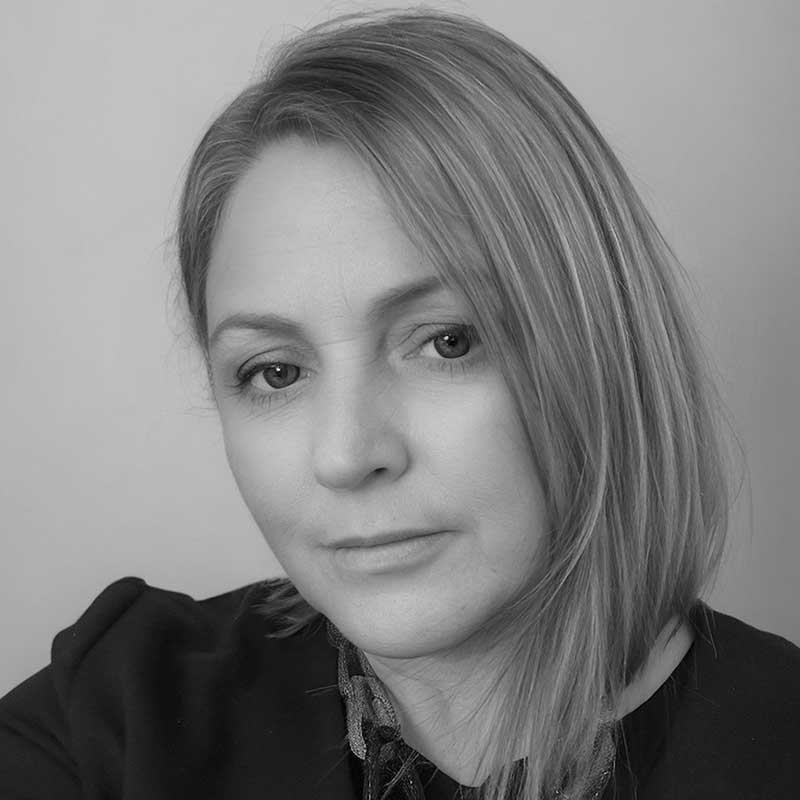
Caoilfhionn Gallagher KC
Human rights and media lawyer, and a barrister at Doughty Street Chambers
Caoilfhionn Gallagher KC is a human rights and media lawyer, and a barrister at Doughty Street Chambers. Over the past 25 years she has acted in many leading human rights cases in the UK, Europe and internationally, from acting for the bereaved families of the Hillsborough Disaster and the 7/7 London Bombings; to bringing groundbreaking cases which changed the law on the rights of children in custody; to overturning the death penalty for an Iranian rapper.
Caoilfhionn has expertise in arbitrary detention, and she has secured the freedom of over 75 imprisoned journalists, bloggers, cartoonists and activists wrongly imprisoned in countries including Egypt, Iran, Iraq, Saudi Arabia, UAE, Russia and Equatorial Guinea. She is an expert on journalists’ safety and accountability for crimes against journalists, and she has given testimony on these issues to Parliamentary Committees in the US, UK, Canada, Australia, and the Council of Europe. Her caseload includes leading the international legal teams for Jimmy Lai, the British publisher imprisoned in Hong Kong; the bereaved family of Daphne Caruana Galizia, the assassinated Maltese journalist; for hundreds of BBC News Persian and Iran International journalists targeted extra-territorially by Iran; and (jointly with Amal Clooney) for Maria Ressa, the Nobel Peace Prize winning journalist from the Philippines. She was appointed an expert witness on State obligations in relation to violence against women journalists before the Inter-American Court of Human Rights in Jineth Bedoya Lima v. Colombia.
Alongside her practice as a barrister, Caoilfhionn is a Commissioner of the Irish Human Rights and Equality Commission, Ireland’s Special Rapporteur on Child Protection, a Board Member of the Committee to Protect Journalists and an Adjunct Full Professor at University College Dublin. She was appointed a Fellow of the Royal Society of Arts in 2017 for her “outstanding commitment to enabling the Human Rights Act’s protections” for devising a mass advertising campaign to tell positive human rights stories, Act for the Act. In 2023 she was awarded the President of Ireland’s Distinguished Service Award.
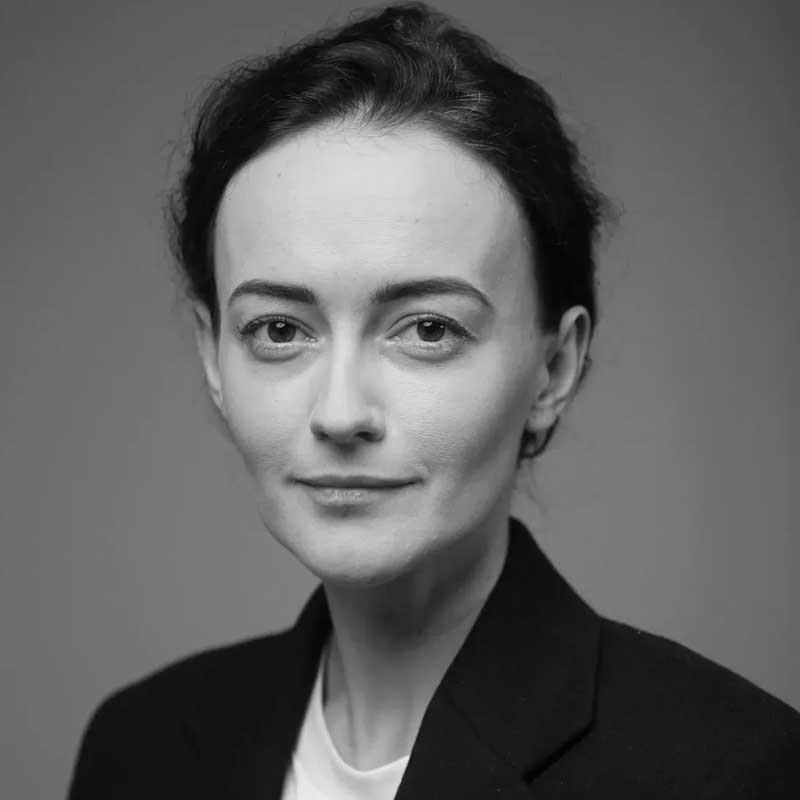
Olga Rudenko
Editor in Chief of The Kyiv Independent
Olga Rudenko is the chief editor of the Kyiv Independent, an award-winning media start-up launched in November 2021 by the former editorial team of the Kyiv Post. Olga is the former deputy chief editor of the Kyiv Post. She has written for global publications, and was a fellow at the Chicago Booth School of Business in 2021. She was featured on the cover of Time magazine in May 2022 as one of the publication’s Next Generation Leaders, and won the Women of Europe award in the “Woman in Action” category in December 2022. Olga Rudenko is the author of the Ukraine Weekly newsletter, which focuses on key events that have shaped the week.
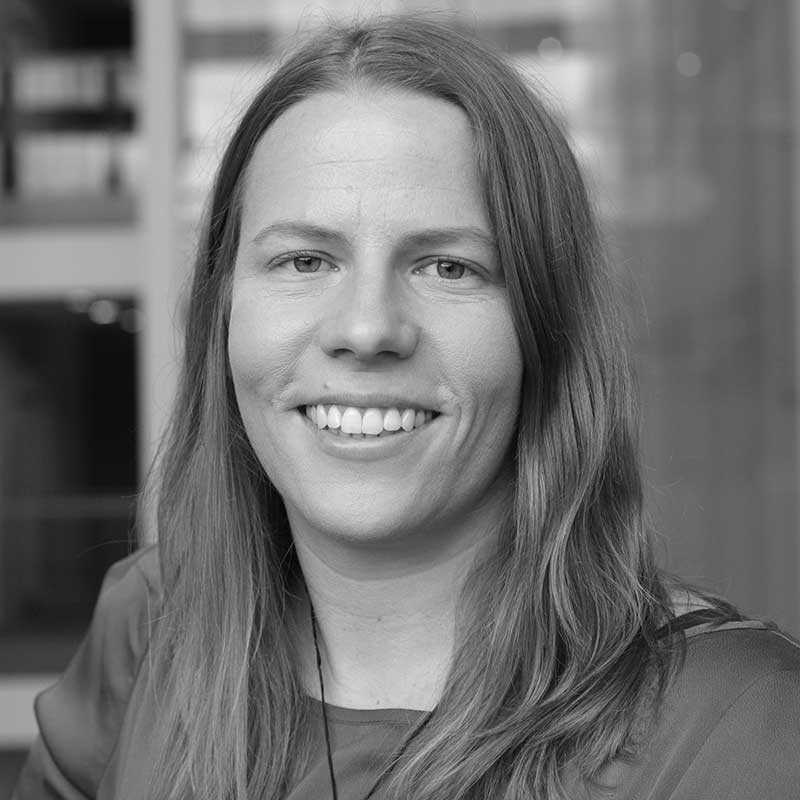
Professor Mel Bunce
Professor of International Journalism and Politics, at City St Georges, University of London
Mel Bunce is Professor of International Journalism and Politics at City St George’s, University of London. Her research examines international news, media freedom, and the relationship between journalism and democracy. She is currently the Deputy Dean of the School of Communication & Creativity at City St George’s, University of London, and she was previously the Head of City’s renowned Department of Journalism. Mel holds a Doctorate in Politics from the University of Oxford, and is a Senior Fellow of the UK’s Higher Education Association.
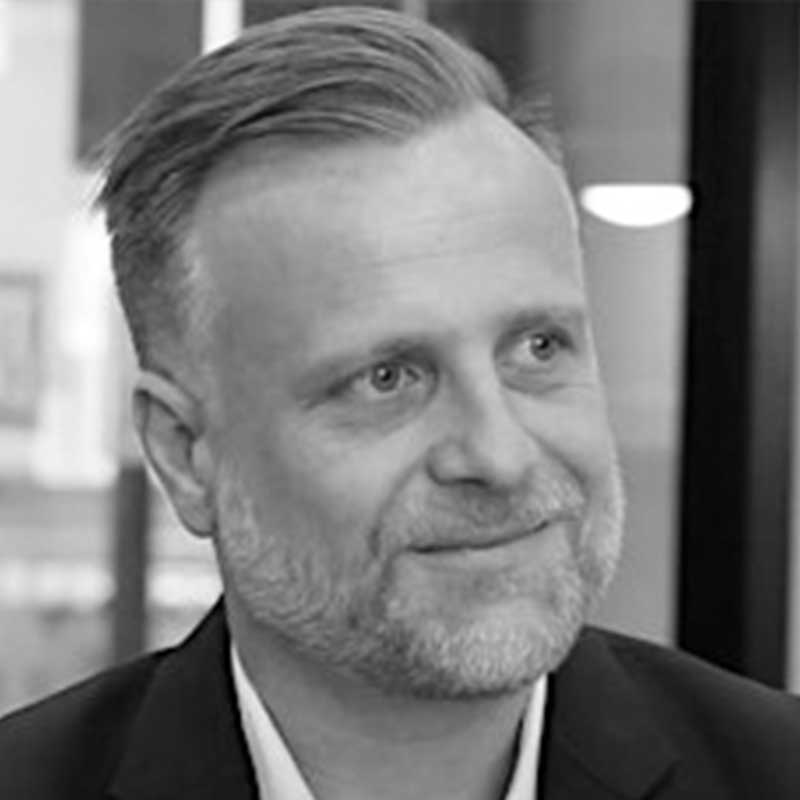
Professor Kingsley Abbott
Director, Institute of Commonwealth Studies
Professor Kingsley Abbott is an experienced international criminal and human rights lawyer with more than 20 years experience in international non-governmental organisations, the United Nations, academic institutions and domestic legal practice. He is currently Professor of Practice and Director of the Institute for Commonwealth Studies at the University of London. Prior to that, he spent over nine years in Thailand where he served the International Commission of Jurists as the Director of Global Accountability and International Justice. During this time, he developed and led numerous human rights and rule of law initiatives in Asia and around the world. He has also worked as a Senior Legal Adviser at the Khmer Rouge Tribunal in Cambodia and as Trial Counsel in the Office of the Prosecutor at the Special Tribunal for Lebanon in the Hague. He started his career in his home country of Aotearoa New Zealand, where he mainly practised as a criminal barrister under a leading King’s Counsel.

Baroness Helena Kennedy KC
Director, International Bar Association’s Human Rights Institute. Member of the UK House of Lords and Barrister with over 50 years experience. Chair of The High Level Panel of Legal Experts on Media Freedom
Helena Kennedy KC is a barrister at Doughty Street Chambers and Director of the International Bar Association’s Human Rights Institute. She is widely regarded as one of the leading criminal and public law practitioners in the U.K., representing defendants in many landmark cases in the English courts. Lady Kennedy sits on the House of Lords’ EU Committee and chairs the EU Justice Sub-Committee. She formerly sat on the Parliamentary Joint Committee on Human Rights, and formerly chaired the British Council and JUSTICE, a leading all-party human rights and law reform organisation in the U.K.
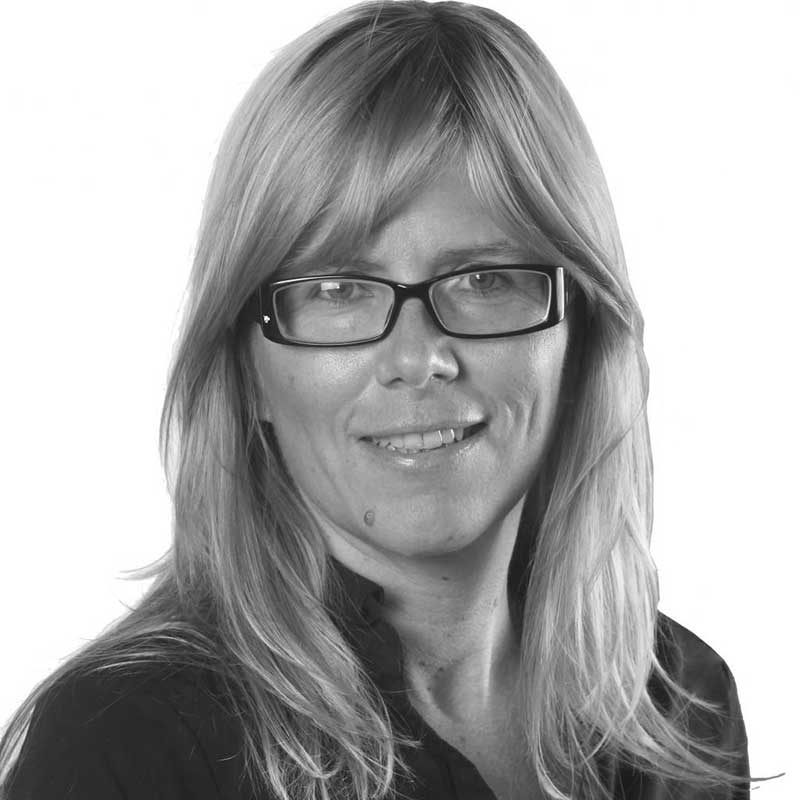
Amy Brouillette
Director of Advocacy at the International Press Institute, and Co-Chair of the Media Freedom Coalition Civil Society Consultative Network
Amy Brouillette is the Director of Advocacy at the International Press Institute, an organization that works with a global network of editors, media executives and leading journalists to defend press freedom and independent journalism around the world. At IPI, she is responsible for developing and leading the organisation’s advocacy strategies and responses to critical press freedom developments, including through public advocacy and direct engagements with policymakers, international organizations, civil society organizations and coalitions. She currently serves as a co-chair of the Media Freedom Coalition-Consultative Network, a group of civil society organizations that advise the MFC on cases of concern regarding media freedom and the safety of journalists. Prior to joining IPI, Amy served as director of research for Ranking Digital Rights, a project that holds tech companies accountable for policies and practices affecting freedom of expression, information, and privacy. She has a master’s degree in journalism from the University of Colorado, Boulder, and a master’s degree in history from Central European University in Budapest.

Professor Can Yeğinsu
Barrister and Deputy Chair of The High Level Panel of Legal Experts on Media Freedom
Can Yeginsu is a barrister practising from 3 Verulam Buildings where he has been consistently recognised as one of the U.K.’s leading lawyers practising in civil liberties and human rights, administrative and public law, and international law. Mr. Yeginsu has appeared in numerous cases as counsel representing journalists, as well as free speech and media organisations, before a range of courts and tribunals, including the English Court of Appeal, the U.K. Supreme Court, the European Court of Human Rights, the Inter-American Court of Human Rights, and the ECOWAS Court of Justice. He is also Lecturer-in-Law at Columbia Law School (New York), where he co-teaches a seminar on freedom of expression and is Adjunct Professor of Law at Georgetown Law (Washington D.C.) and Koç University Law School (Istanbul), where he teaches international law.

Jan Braathu
OSCE Representative on Freedom of the Media
Jan Braathu (Norway) is the sixth OSCE Representative on Freedom of the Media, appointed in December 2024.
Prior to his appointment, Braathu served as Head of the OSCE Mission to Serbia from January 2021 to December 2024 and Head of the OSCE Mission in Kosovo from October 2016 until December 2020.
Previously, he was Norway’s Ambassador to Kosovo and Albania, and Ambassador to Bosnia and Herzegovina. His other assignments have included serving as Deputy Director General and Head of the Division for Western Balkan Affairs.Braathu also served in the Norwegian Foreign Ministry’s OSCE Chairpersonship-in-Office Section from 1998 to 2000. He held the role of First Secretary and Acting Counsellor for Economic Affairs at the Royal Norwegian Embassy to the Court of St. James’s from 1993 to 1996. He was also First Secretary at the Royal Norwegian Embassies in Kuwait and Saudi Arabia from 1990 to 1993.
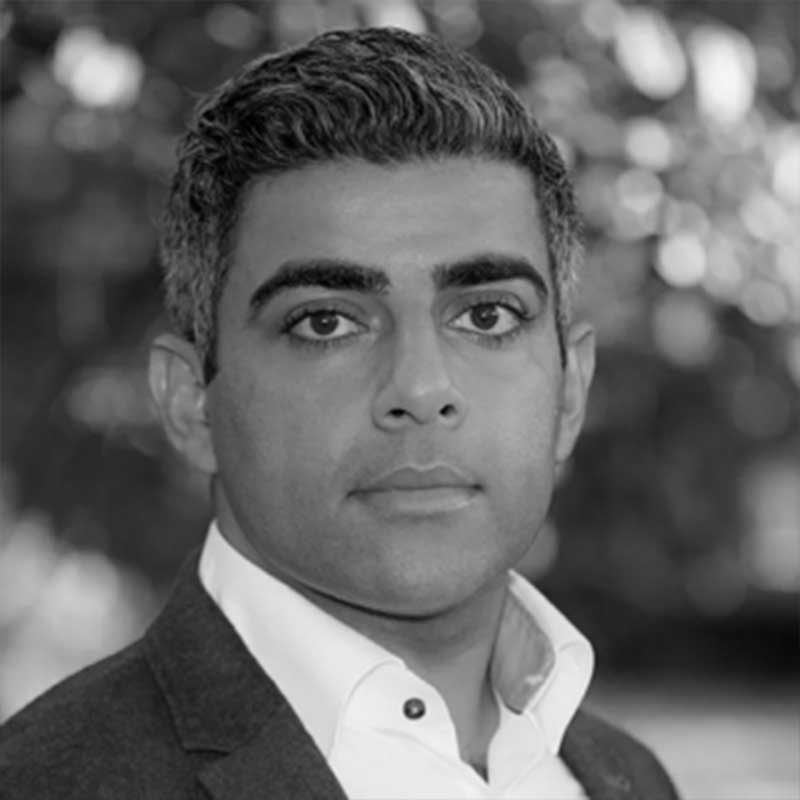
Kanbar Hossein-Bor
Deputy Director, Democratic Governance and Media Freedom Department, Foreign, Commonwealth and Development Office
Kanbar Hossein-Bor is a senior British diplomat and international lawyer currently serving as Deputy Director Democratic Governance and Media Freedom Co-ordinator for the Foreign, Commonwealth and Development Office where he is responsible for the FCDO’s policy on democracy, media freedom and information ecosystem. He has held a number of posts, both as an international lawyer and diplomat, including; Bangladesh where he was Deputy High Commissioner, in the Netherlands as the head of international law team and UK agent to International Court of Justice, Iraq as the head of the human rights team, and Liberia, where he was briefly deployed as Head of Mission during the Ebola crisis.
Kanbar has successfully led UK delegations in multilateral conferences and meetings, including in Vienna, Geneva, Kampala, and New York. He has also led and facilitated working groups in the International Criminal Court and the Permanent Court of Arbitration. Before joining the Foreign Office as a lawyer, Kanbar practiced constitutional and criminal law as a barrister and is a Lord Denning Scholar of Lincoln’s Inn. Kanbar is a Yale World Fellow (2016) and studied at Cambridge University for his LLM in international law.
Kanbar has a passion for diversity in public life and spoken extensively at schools, in the UK and overseas, about his life as a child refugee.

Professor Jane Martinson
Marjorie Deane Professor of Financial Journalism at City St George’s, University of London
Professor Jane Martinson is the Marjorie Deane Professor of Financial Journalism at City St George’s, University of London. She is a Guardian columnist, journalist and broadcaster, and author of the award-winning book, ‘You May Never See Us Again: The Barclay Dynasty’.
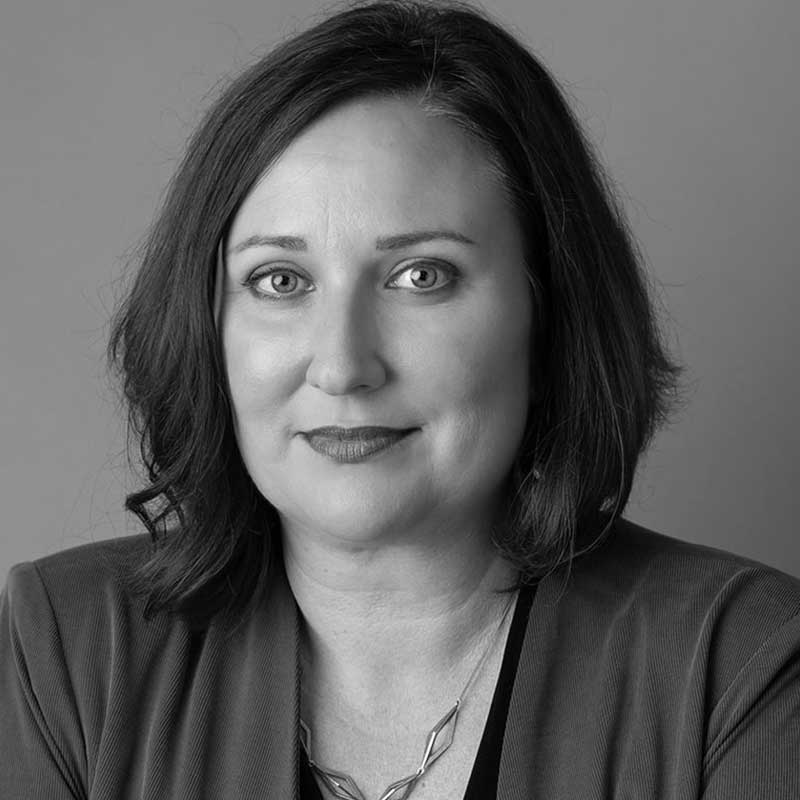
Courtney C. Radsch
Director, Center for Journalism and Liberty
Dr. Courtney C. Radsch, PhD, is Director of the Center for Journalism and Liberty at the Open Markets Institute where she produces and oversees cutting-edge research into the political economy of AI, news media market structures and information power and helps design smart policy solutions that protect democracy and human liberty. As a global thought leader, she regularly publishes and provides commentary and analysis in top media outlets; keynotes and moderates events around the world; and advises publishers and media leaders. She has testified before congressional, parliamentary, and competition authorities in several countries and advised international organizations including the UN, EU, OECD, OSCE, and WEF. Radsch is a strategic advisor to leading human rights and media organizations, serves on the board of Tech Policy Press, and was recognized in 2025 as 100 Brilliant Women in AI Ethics.

Charlie Beckett
Professor of Practice, Director of Polis and the Polis/LSE JournalismAI project, London School of Economics
Charlie Beckett is a professor in the Department of Media and Communications at the LSE. He is the founding director of Polis, the London School of Economics’ international journalism think-tank. Professor Beckett is currently leading the Polis Journalism and AI project. https://www.journalismai.info/ He was director of the LSE’s Truth, Trust and Technology Commission that reported on the misinformation crisis in 2018. Before joining the LSE in 2006 he was an award-winning journalist for over 20 years at LWT, BBC and ITN.
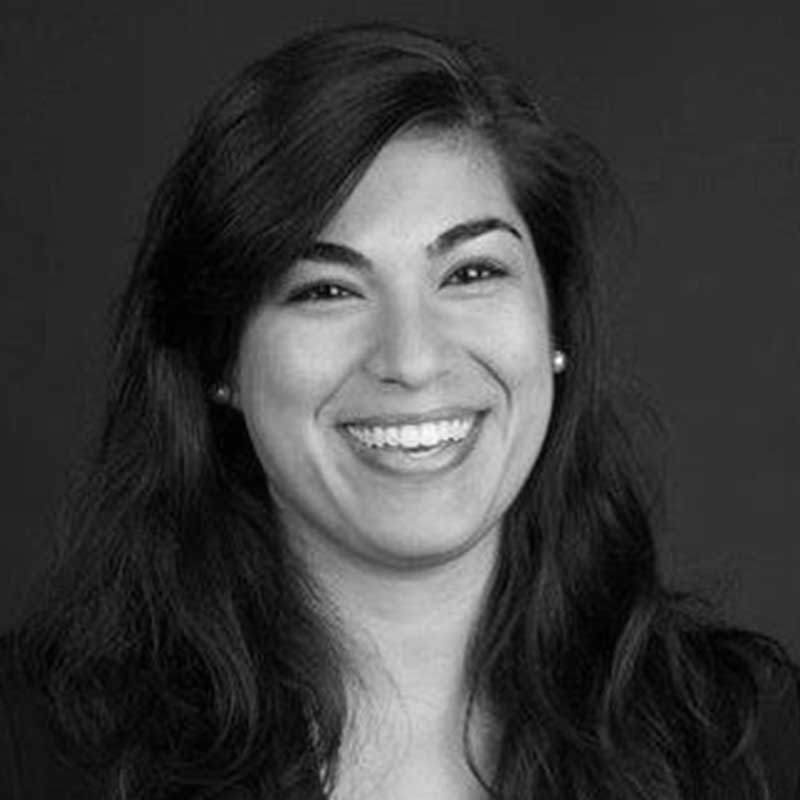
Sayra Tekin
Director of Legal, Policy and Regulatory Affairs, News Media Association
Sayra is director of legal, policy and regulatory affairs for the News Media Association. With a wealth of experience in media law and litigation, she is responsible for the NMA committee, chaired by Lord Black, comprising publisher and editorial representatives and legal and policy experts. Formerly at the BBC, she is an experienced solicitor-advocate with a strong track record for advising journalists and editors and successfully lobbying courts and regulators on issues which threaten press freedom. She has advised on sensitive parliamentary select committee investigations and high-profile public inquiries. Prior to the BBC, Sayra was a dispute resolution specialist at Slaughter and May where she also trained. Sayra is currently co-authoring the practitioner’s textbook, Media Law and Regulation, for Bloomsbury due to be published in 2025.
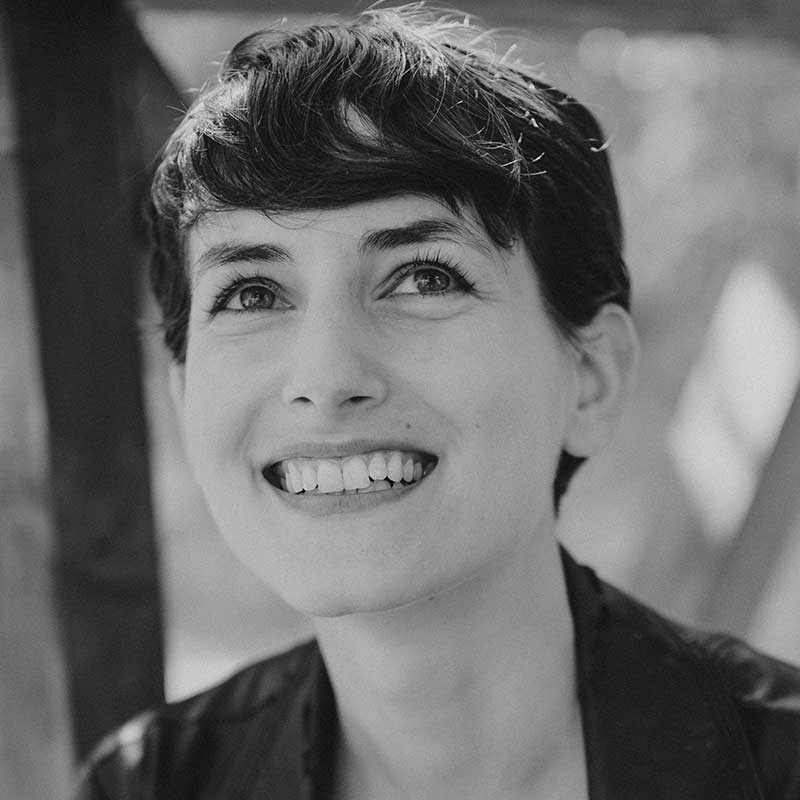
Dr Ayala Panievsky
Presidential Fellow, Journalism Department, City St George’s, University of London
Dr Ayala Panievsky is a researcher specialising in media under attack, right-wing populism, and democratic backsliding. Her research appeared in journals like The International Journal of Press/Politics and Digital Journalism and featured in media outlets like the BBC, The News Agents, and The Guardian. She is currently a Presidential Fellow in the Journalism Department at City University of London. Her book, ‘The New Censorship’, will be out with Footnote Press in August 2025.

Fiona O’Brien
UK Director, Reporters without Borders
Fiona O’Brien is the UK Director of Reporters Without Borders (RSF), which defends press freedom and the right of every human being to access reliable information. A former foreign correspondent, she has also worked for the United Nations and ran the MA Journalism at Kingston University. She sits on the UK’s National Committee for the Safety of Journalists.
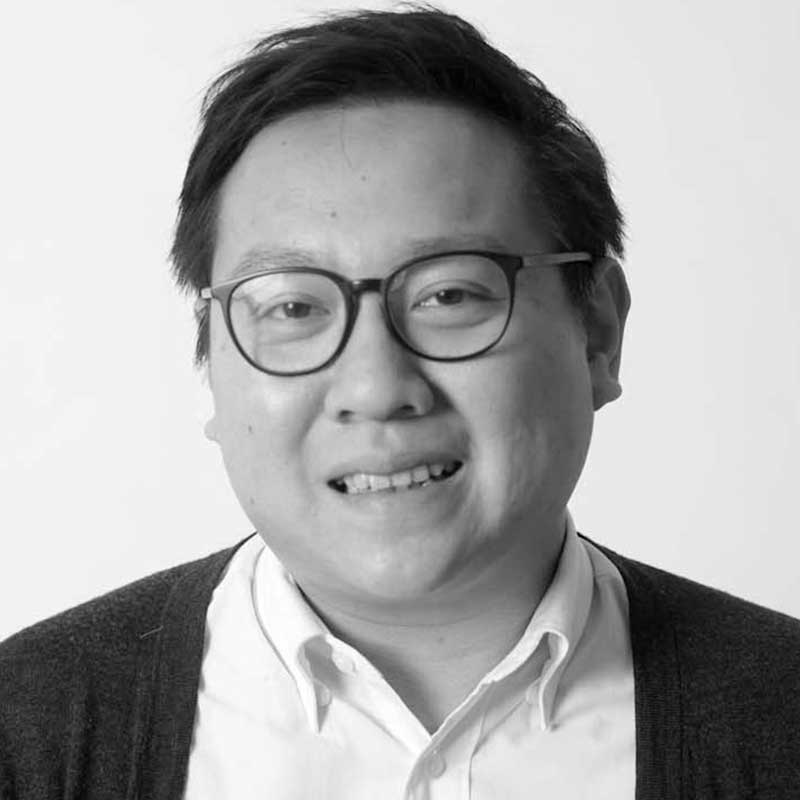
Kris Cheng
Exiled journalist from Hong Kong
Kris Cheng is an award-winning journalist covering politics and diplomacy, hailing from Hong Kong, and is currently a London-based freelance reporter for Voice of America. His work has been featured in the Washington Post, Foreign Policy, Public Radio International, ITV, Die Zeit, and Hong Kong Economic Times. As the former Editorial Director at Hong Kong Free Press, Kris was awarded an Honorable Mention in Excellence for Explanatory Reporting at the 2020 Society of Publishers in Asia Awards (SOPA).

Aliasghar Ramezanpoor
Executive News Editor, Iran International
Aliasghar Ramezanpour is Executive News Editor of Iran International, an independent Persian-language news channel which launched in London in 2017 and has also worked for the BBC. Before moving to the UK, he worked for many years as a journalist in Iran, including as executive editor of several prominent Iranian newspapers before leaving the country in 2007.
In 2021, he was tried and convicted in absentia by Tehran’s Revolutionary Court on charges of “propaganda against the government”.
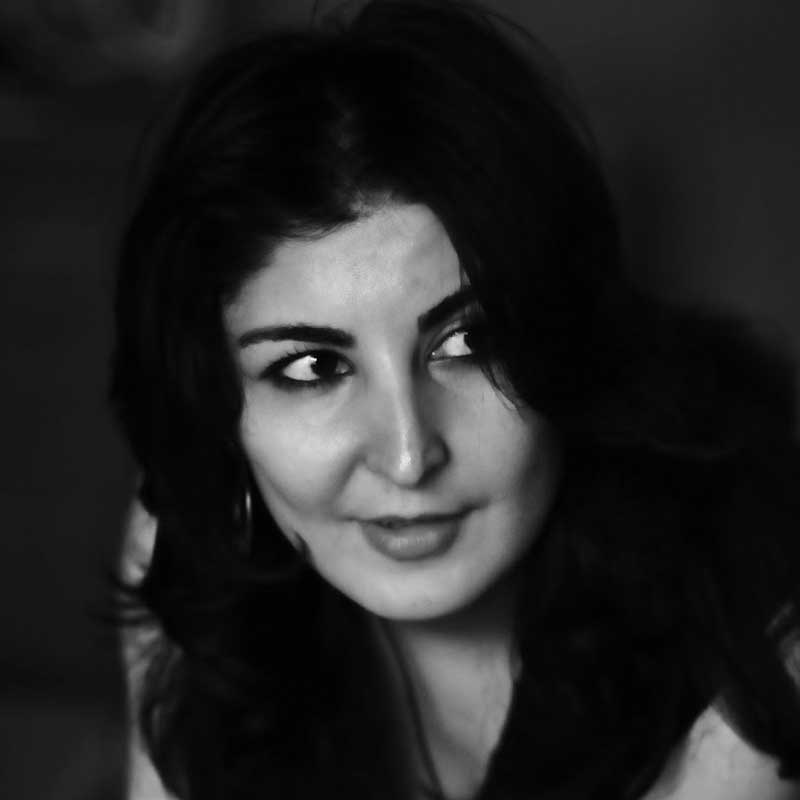
Vafa Fati-zade
Advisor, Justice for Journalists Foundation
Vafa Fati-zadeis an international Project Manager and Lawyer. She has extensive experience in administering and managing large grant portfolios with the major US and European donor organisations. She has vast academic and practical knowledge of monitoring and reporting on human rights violations, democratic development, conducting trial monitoring, profiling political prisoners and carrying out election monitoring. In the course of her career Vafa worked with Organization for Security and Cooperation in Europe (OSCE), holding various posts in the Missions in Kosovo, Bosnia and Herzegovina and Office in Baku; the headquarters of the International Development Law Organization (IDLO) in Rome, Italy; Brussels-based International Partnership for Human Rights (IPHR), and consulted Media Law Defence Initiative (MLDI) and International Bar Association Human Rights Institute (IBAHRI) in London. She joined the Justice for Journalists Foundation in 2020 to design and launch Orkhan Dzhemal Media Safety Academy and help manage JFJ’s journalistic grant programme. Vafa Fati-zade has an LLM degree in International Human Rights from the University of Essex in the United Kingdom and an MA degree in Social and Public Policy with Conflict Resolution and Peace Studies minor from Duquesne University in the US.
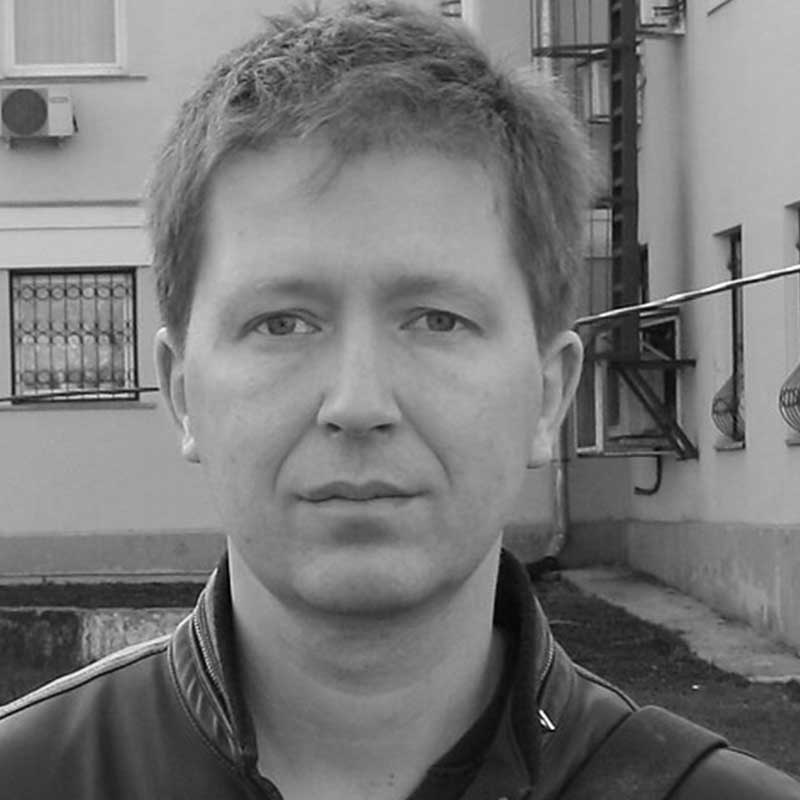
Andrei Soldatov
Investigative journalist, author and Russian security services expert
Andrei Soldatov is a Russian investigative journalist in exile, co-founder and editor of Agentura.ru, a watchdog of the Russian secret services’ activities. He has been covering security services and terrorism issues since 1999.
Soldatov currently lives in exile in London (he has been listed on Russia’s most wanted list since 2022).
He is co-author with Irina Borogan of The New Nobility (PublicAffairs, 2010), The Red Web (PublicAffairs, 2015), The Compatriots (PublicAffairs, 2019), and the upcoming book Our Dear Friends in Moscow: The Inside Story of a Broken Generation (due in June 2025).
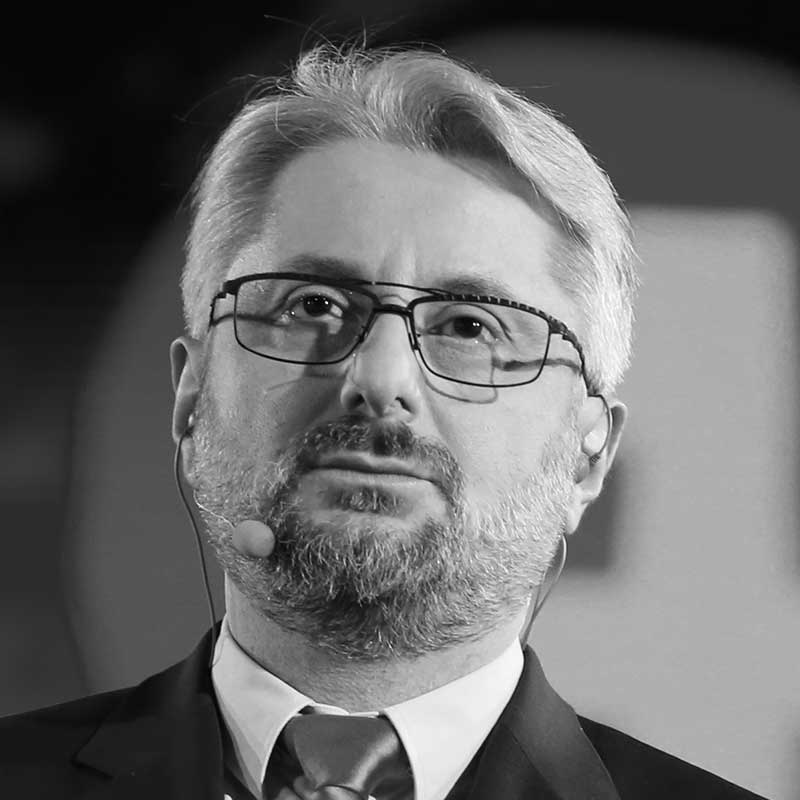
Nika Gvaramia
Co-Founder, Ahali & Coalition for Change
Nika Gvaramia is a founder of a Georgian media outlet Mtavari Arkhi, the country’s primary opposition television network and a political leader since co-founding in 2024 a political party Ahali and the Coalition for Change alongside other opposition leader.
Since 2012, Gvaramia has held leadership roles in two of Georgia’s most influential opposition networks, Rustavi 2 and Mtavari Arkhi. His outspoken criticism of the government led to a politically motivated imprisonment in May 2022, widely condemned by the European Parliament, U.S. State Department, and Amnesty International. Following intense domestic and international pressure, he was pardoned by President Salome Zourabichvili in June 2023.
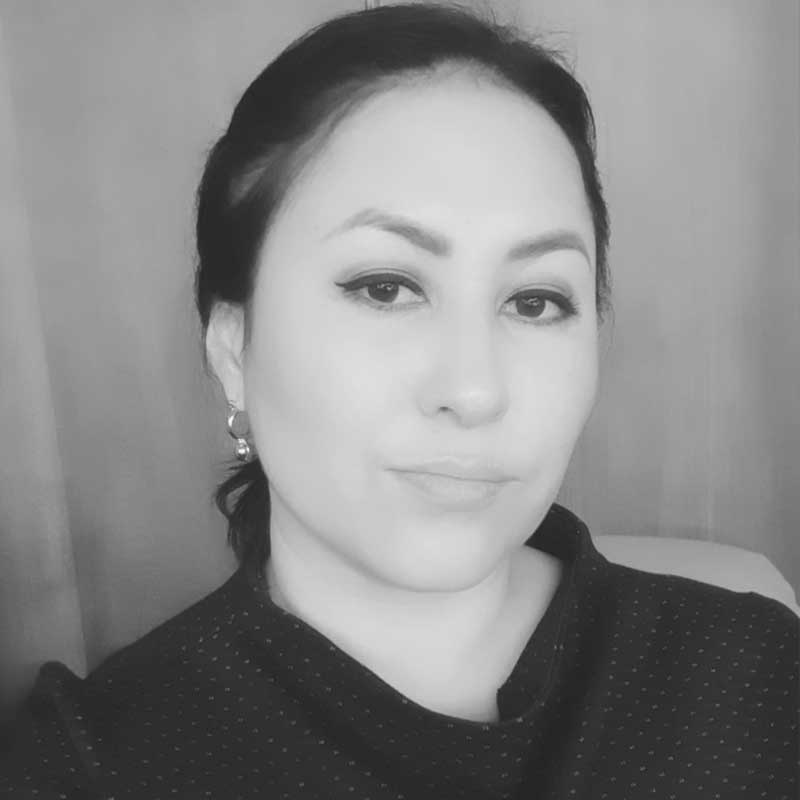
Gladis Temirchieva
Advisor, Justice for Journalists Foundation
Gladis Temirchieva, an editor in chief of the Kyrgyz Information and analytical resource Vesti.kg. A journalist with over two decades of experience, she is now chairing the Investigative Journalism Foundation, a member of the Global Investigative Journalism Network. She is also the chairwoman of the Media Action Platform of Kyrgyzstan, an active defender of freedom of speech and expression. Gladis is of the “Justice” award of the Ombudsman of the Kyrgyz Republic for special contribution to the protection of human rights, and the honorary diploma of the parliament of Kyrgyz Republic in recognition of significant contribution to the development of parliamentarism and coverage of the work of Parliament.
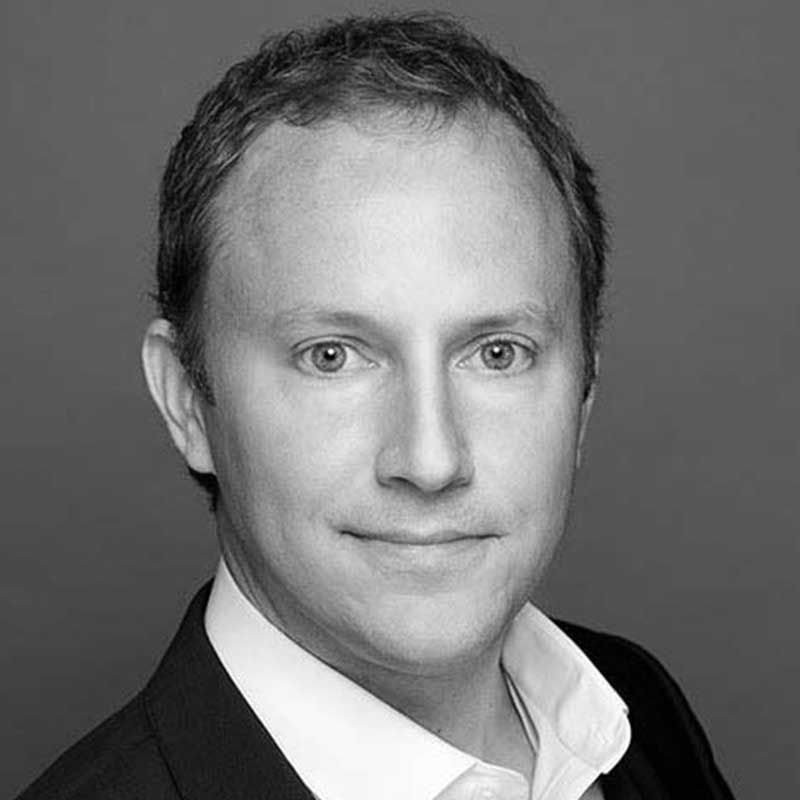
Nicholas W. Miller
Senior Legal Advisor & Coordinator for Multilateral Engagement, International Center for Not-for-Profit Law.
Nicholas Miller is a Senior Legal Advisor and Coordinator for Multilateral Engagement at the International Center for Not-for-Profit Law (ICNL). He leads ICNL’s engagement with a variety of international institutions, including the United Nations General Assembly and Human Rights Council, and the Financial Action Task Force, where he works with governments and civil society to promote the freedoms of association, expression, and assembly. Prior to joining ICNL, Nicholas served in the U.S. State Department’s Bureau of Democracy, Human Rights, and Labor (DRL).
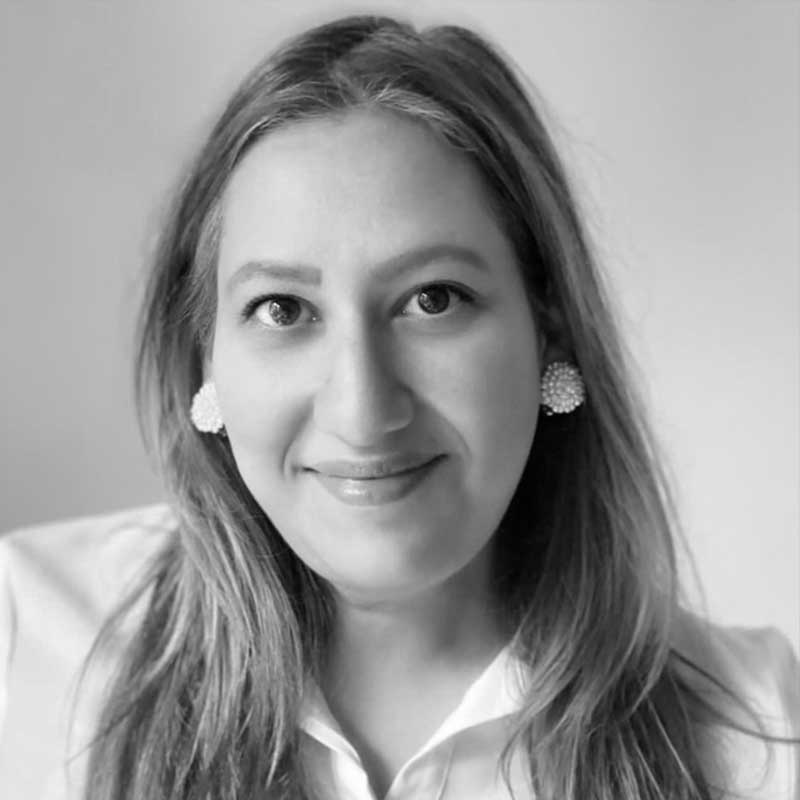
Deniz Wagner
Adviser, Office of the OSCE Representative on Freedom of the Media
Deniz Wagner is adviser to the OSCE Representative on Freedom of the Media, leading the office’s work on media freedom, democracy and security. Deniz led the OSCE’s first project on Artificial Intelligence and Freedom of Expression, was rapporteur to the OSCE Advisory Group of Eminent Experts on Freedom of the Media, and co-author of the report ‘Can there be Security without Media Freedom?’. She has steered projects establishing independent oversight bodies for the media industry, supported legal reform to enhance media pluralism in Europe, and developed human rights-based guidance to addressing disinformation in the digital age. Previously, Deniz worked in strategic communications and was a Senior Adviser for Human Rights at the Austrian Ministry for Europe, Integration and Foreign Affairs.
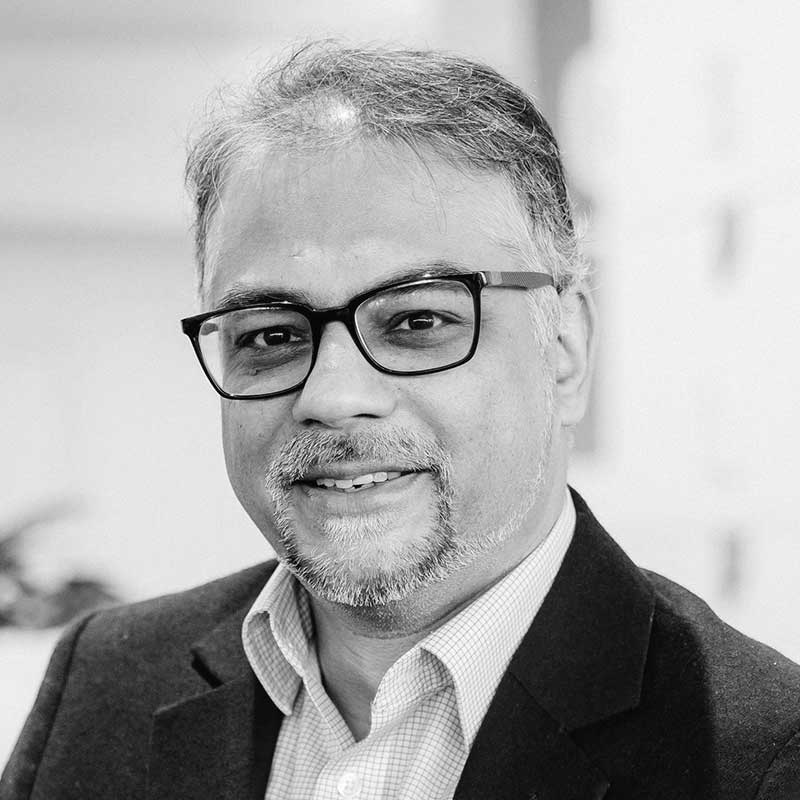
Ali- Abbas Ali
Director of Broadcasting Competition, OFCOM
Ali-Abbas Ali leads Ofcom’s work on Media Plurality and Competition. Over the last ten years he has worked across Ofcom’s competition portfolio, including Post, Telecoms as well as the Media sector. Prior to joining Ofcom he held senior finance posts at BT Group. His career also spans the motor industry, consulting and private equity.
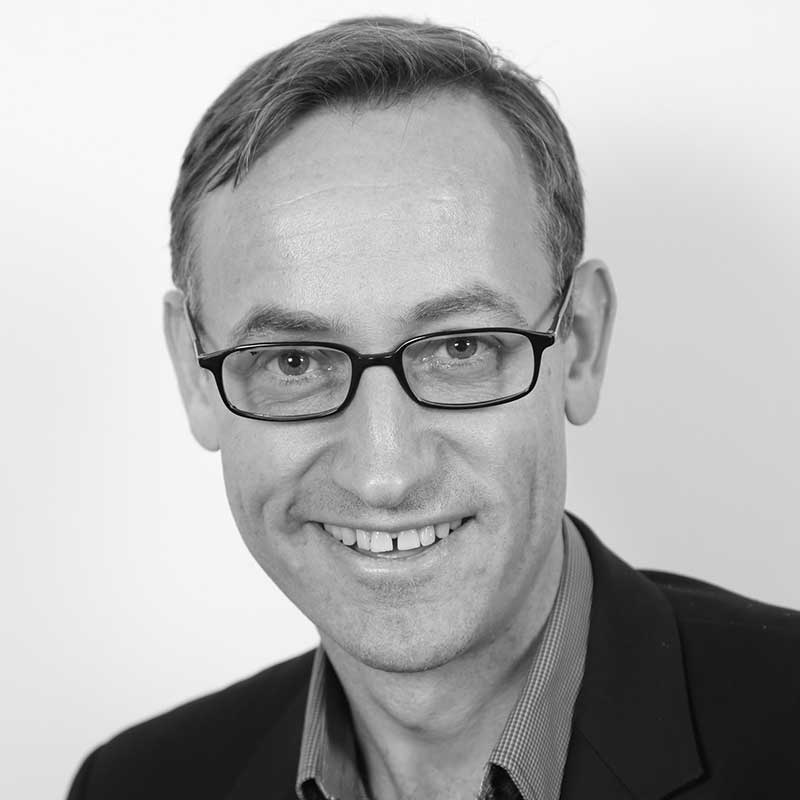
Damian Tambini
Distinguished Policy Fellow in the Department of Media and Communications, LSE
Damian Tambini is author of the widely acclaimed book ‘Media Freedom’ (2021), which predicted the current clash between US and European approaches to media freedom and the regulation of big tech. He is an expert in media and communications regulation and policy and has advised parliaments, governments, and regulators around the world on the challenges of regulating media and social media. As well as writing dozens of peer reviewed articles on media law and policy, he co-authored the books ‘Digital Dominance’, ‘Regulating Big Tech, and ‘Cyberdemocracy’.

Mira Milosevic
Executive Director of the Global Forum for Media Development (GFMD)
Mira Milosevic is the Executive Director of the Global Forum for Media Development (GFMD). She leads GFMD’s engagement with the United Nations, the Internet Governance Forum, and other multilateral institutions, advocating for the sustainability of journalism and independent news media. She also spearheads GFMD’s international initiatives to strengthen press freedom and improve the global information ecosystem.
A frequent writer and speaker, Mira focuses on the intersection of media, economy, technology, and human rights. She sits on numerous high-level expert bodies, including at the UN, OSCE, and other global processes, where she contributes to policy discussions on media sustainability, press freedom, and the evolving information landscape.
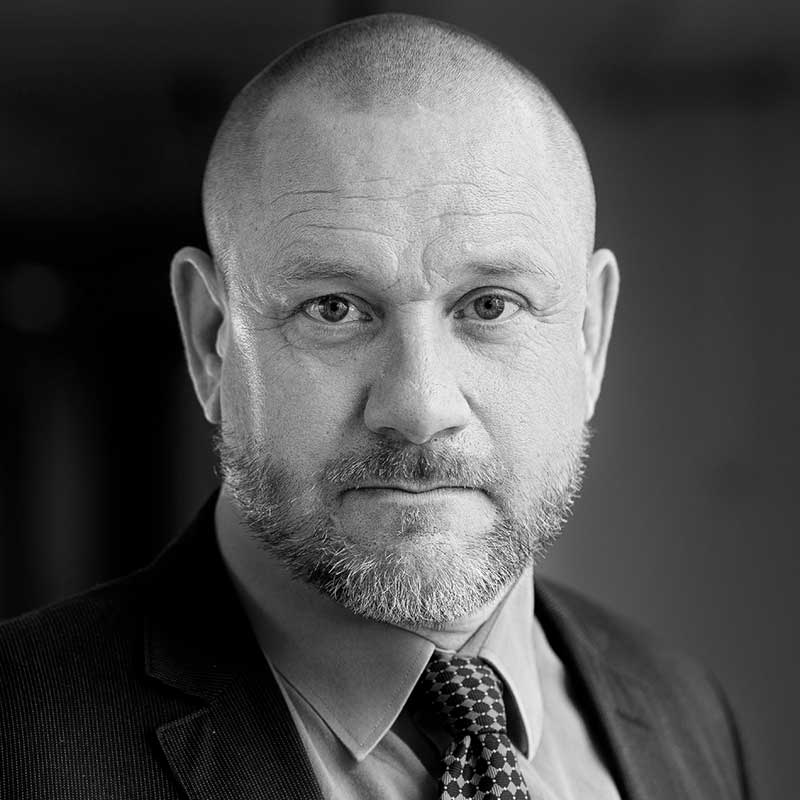
Staffan Lindberg
Director of the V-Dem Institute at University of Gothenburg
Staffan I. Lindberg is Professor of political science and Director of the V-Dem Institute at the University of Gothenburg, founding Principal Investigator of Varieties of Democracy (V-Dem), founding Director of the national research infrastructure DEMSCORE, ERC Consolidator, Wallenberg Academy Fellow alumni, co-author of Varieties of Democracy (CUP 2020), Why Democracies Develop and Decline (CUP 2022) as well as other books, and over 70 articles on issues such as democracy, elections, democratization, autocratization, accountability, clientelism, sequence analysis methods, women’s representation, and voting behavior. Lindberg is currently leading several large research projects, including “Failing and Successful Sequences of Democratization”, “Varieties of Autocratization”, and “The Case for Democracy”, and also has extensive experience as consultant on development and democracy, and as advisor to international organizations, ministries, and state authorities.
ORCID ID: https://orcid.org/0000-0003-0386-7390
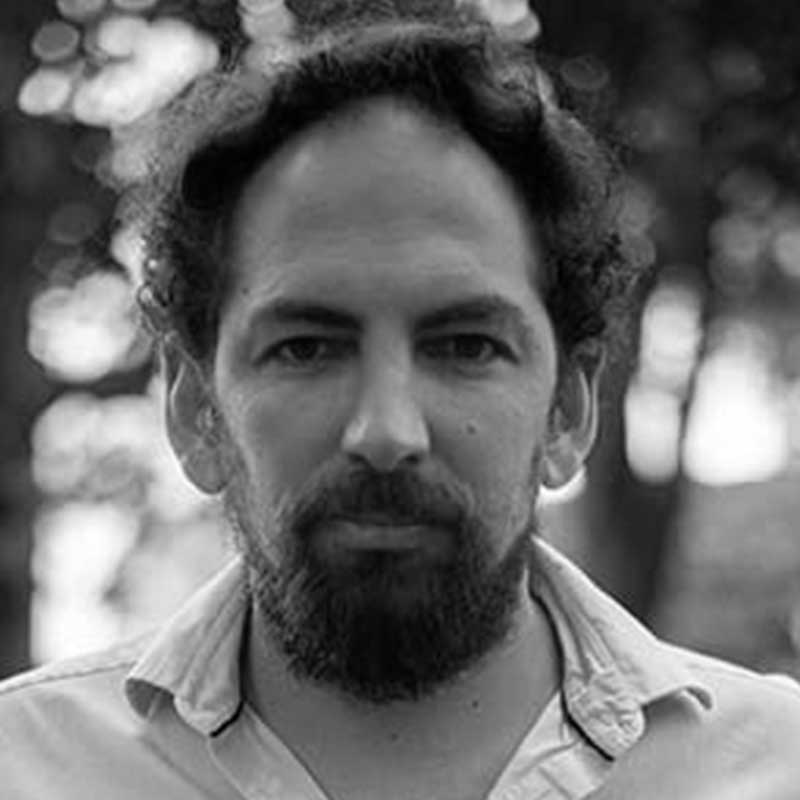
Jonathan Bock
Executive Director, Flip, Colombia
Jonathan Bock is the Executive Director of the Foundation for Press Freedom – FLIP. Jonathan is a journalist with a master’s degree in International Relations and Journalism from the University Complutense of Madrid. He has directed and led research teams and publications on freedom of expression and prominent local and collaborative journalism initiatives in Colombia and Latin America.
DAY 2
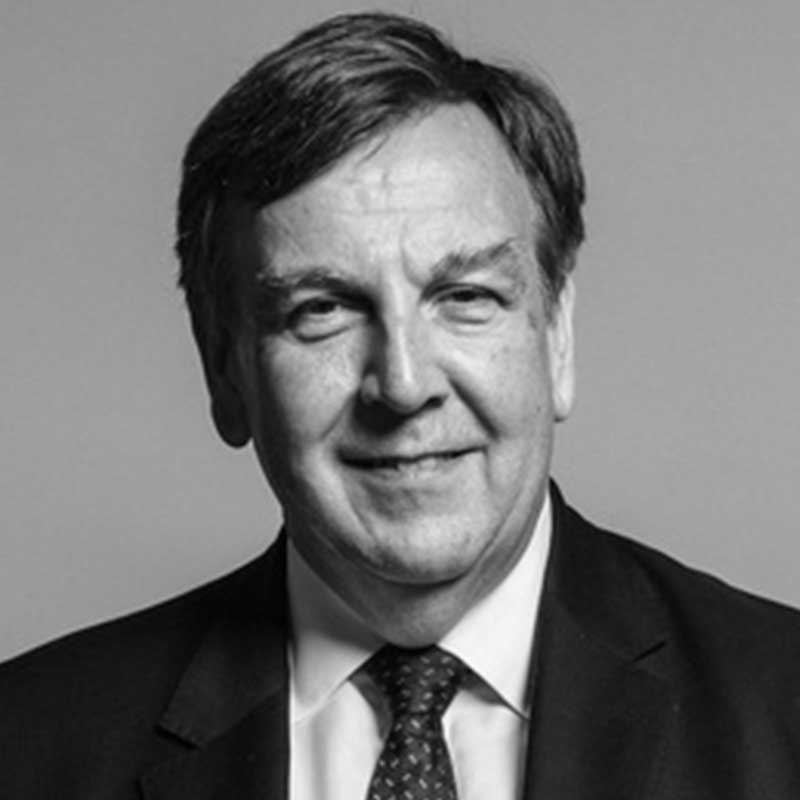
Sir John Whittingdale MP
Chair of the APPG on Media Freedom
Sir John Whittingdale was Secretary of State for Culture, Media and Sport between 2015-16, and also took on a role as Minister of State in the Department for Culture, Media and Sport several times in the years that followed, most recently in 2023. He has been the Conservative Member of Parliament for Maldon since 1992 and is a long-time chair for the APPG on Media Freedom. From 2005-15, he chaired the Culture, Media and Sport Committee. His time in government was marked by significant events, including his involvement in high-profile inquiries into press ethics and the phone hacking scandal.
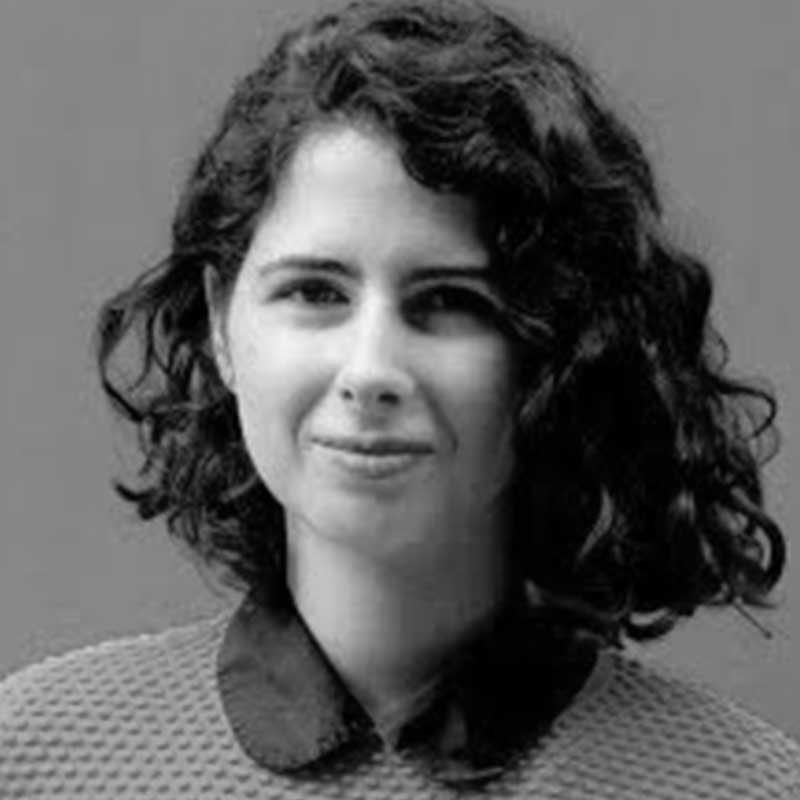
Jessica Ní Mhainín
Head of Policy and Campaigns, Index of Censorship
Jessica Ní Mhainín is Head of Policy and Campaigns at Index on Censorship. She joined Index in April 2019 and since 2020 has led Index’s project work, which seeks to protect and defend journalists, human rights defenders, artists, and academics around the world. She is co-founder of the UK Anti-SLAPP Coalition and has been actively involved in anti-SLAPP campaigns across Europe. She has experience in international human rights advocacy through her work at Front Line Defenders and the Office of the High Commissioner for Human Rights (OHCHR). She holds a Master’s degree in EU International Relations and Diplomacy Studies from the College of Europe.

William Horsley
Co-founder and director, International Director, Centre for Freedom of the Media (CFOM)
William Horsley is the International Media Freedom Representative and UK Chairman of the Association of European Journalists (AEJ); former BBC foreign correspondent and TV & Radio programme presenter; international director of the Centre for Freedom of the Media (CFOM) at the University of Sheffield since 2009; author of the OSCE Safety of Journalists Guidebooks and consultant to UNESCO and the Council of Europe; member of RSF London Bureau’s Advisory Board. William’s long-standing activities for the AEJ with the Council of Europe were instrumental in the establishment in 2015 of the Platform for the Safety of Journalists which is marking its 10th anniversary this year.

Aurélia Dondo
Head of Europe and Central Asia Region, PEN International
Aurélia Dondo is Head of Europe and Central Asia at PEN international, the world’s largest association of writers. She is responsible for developing and implemented strategies to combat freedom of expression violations in Europe and Central Asia through research, campaigning, and advocacy to support writers at risk.

Carole Cadwalladr
Investigative journalist
Carole Cadwalladr is a journalist for the Guardian and Observer in the United Kingdom. She worked for a year with whistleblower Christopher Wylie to publish her investigation into Cambridge Analytica, which she shared with the New York Times. The investigation resulted in Mark Zuckerberg being called before Congress and Facebook losing more than $100 billion from its share price. She has also uncovered multiple crimes committed during the European referendum and evidence of Russian interference in Brexit.
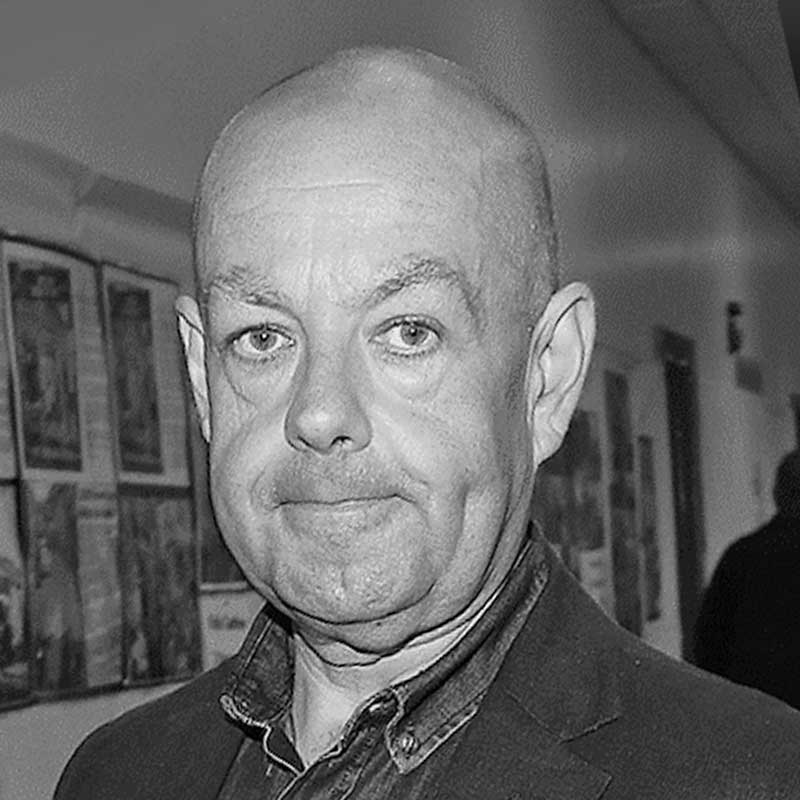
Barry McCaffrey
Senior reporter on The Detail
Barry McCaffrey was a senior reporter on The Detail, an investigative news and analysis website dedicated to in-depth reporting on issues of vital public interest. The Detail’s core areas of investigation include health, education, politics, justice & crime, government accountability, and the legacy of conflict in Northern Ireland. McCaffrey’s training began in 1996 at the Down Democrat, he moved in 1998 to the North Belfast News and in 2001 to Irish News where he remained for 10 years. He has written for the Sunday Times, Ireland on Sunday, Sunday Business Post and Irish Voice. In 2013 McCaffrey was awarded the overall award in the Attorney General’s prestigious Justice Media Award by the Law Society of Ireland for his investigation of the use of solitary confinement in Northern Ireland prisons. In the same year Barry was named CIPR Digital Journalist of the Year.
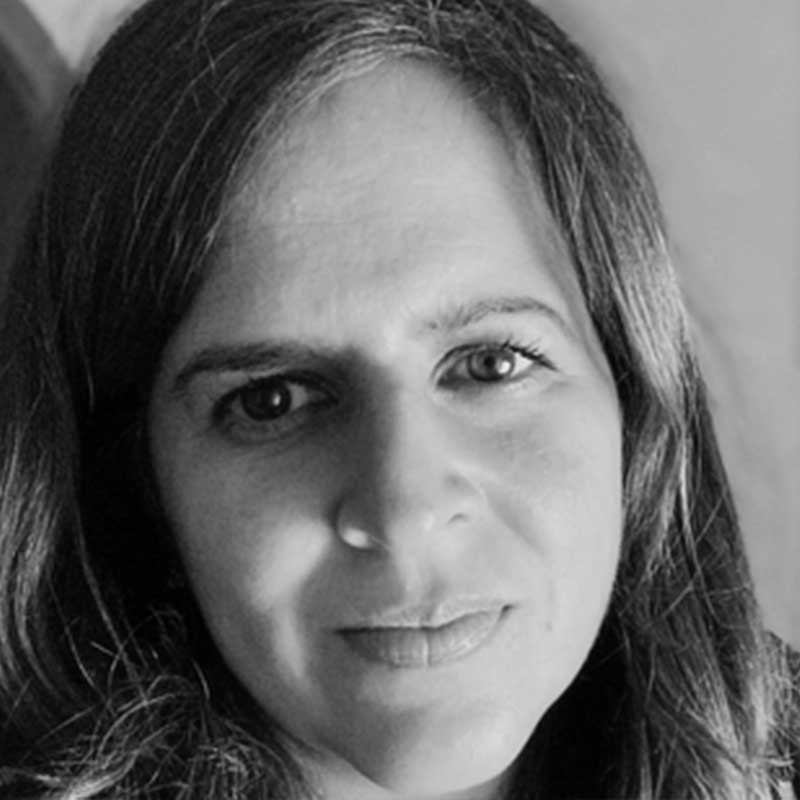
Nadia Hashmi
Deputy Permanent Representative to the Council of Europe
Dr Hashmi is the Deputy Permanent Representative to the Council of Europe. She was the Chair of the Group of Friends for the Safety of Journalists at the Council, and currently the Vice Chair. She is a career diplomat with background in human rights.

Nadia Mandl
Associate Project Officer, Freedom of Expression and Safety of Journalists, UNESCO
Nadia Anna Mandl is an Associate Project Officer at UNESCO’s Section for Freedom of Expression and Safety of Journalists. She focuses on the work of the Global Media Defence Fund, which supports not-for-profit organizations working to bolster journalists’ legal protection. Prior to working at UNESCO, she conducted advocacy on Afghanistan at the International Federation for Human Rights (FIDH) in Paris and was a Policy Officer at the Foreign, Commonwealth and Development Office in London, working on media freedom. She holds an MSc in International Public Policy from University College London and a Bachelor of Laws (LLB) from City University.

Carlos Gaio
Executive Director, Media Defence
Carlos is the CEO of Media Defence. Prior to joining the organisation, Carlos worked for 10 years as senior lawyer at the Inter-American Court of Human Rights. He also worked for human rights foundations and NGOs in the UK and in Brazil, specialising in human rights law and international litigation. He also has experience in government and intergovernmental advocacy.
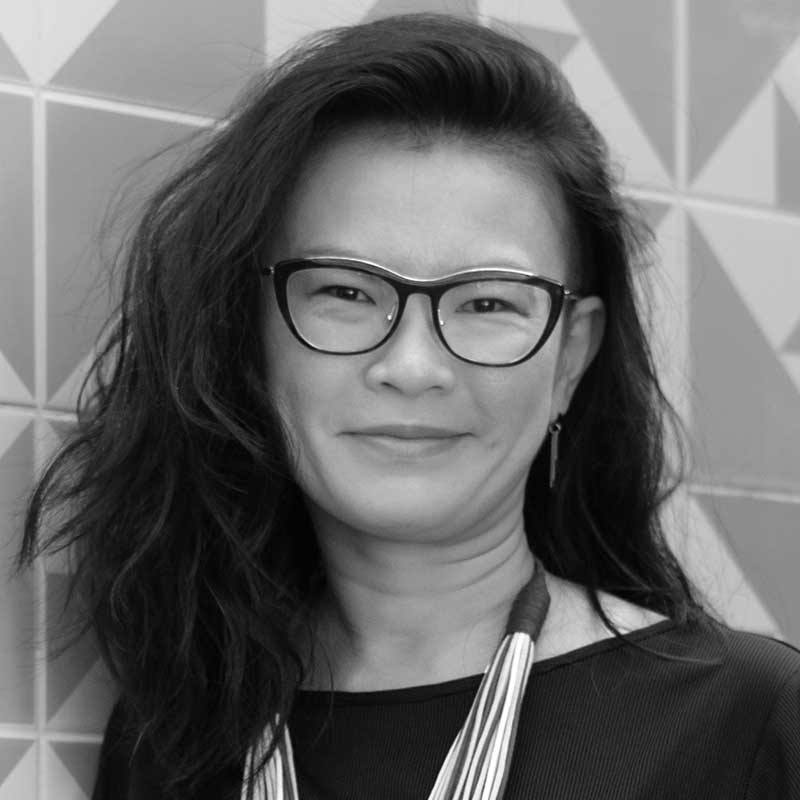
Charlene Miwa Nagae
Founder and Executive Director, Tornavoz
Charlene Nagae is a lawyer with extensive experience in defending freedom of expression cases in Brazil, graduated from the University of São Paulo Law School (2006) and postgraduate in Intellectual Property and New Business from Fundação Getúlio Vargas – SP (2020). Co-founder and executive director of Instituto Tornavoz, a civil society organization dedicated to the defense of freedom of expression in Brazil.
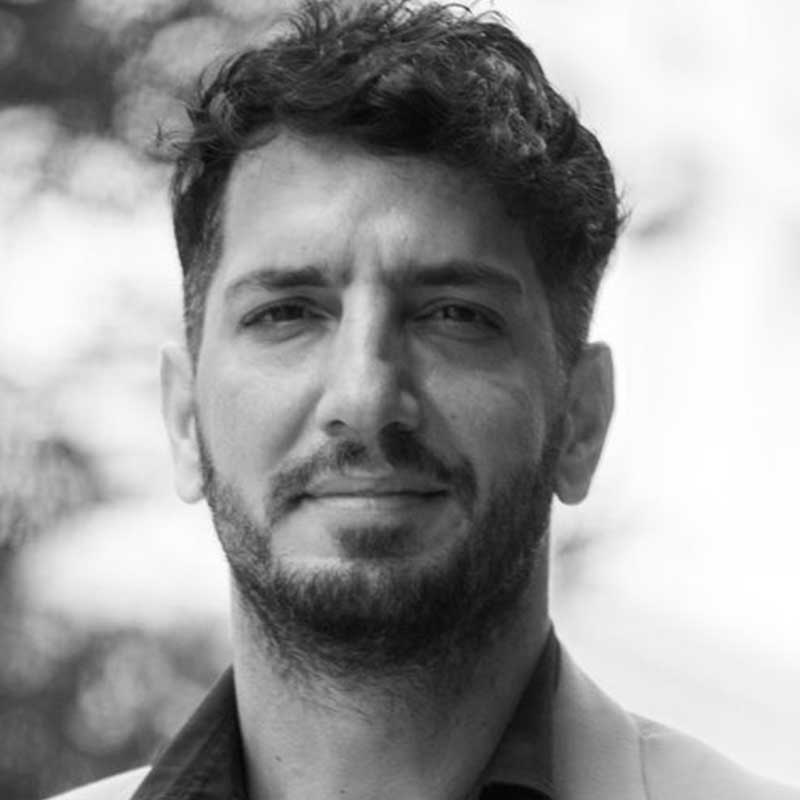
Veysel Ok
Co Director/ Attorney-at-law, Media and Law Studies Association (MLSA)
Veysel Ok is a prominent human rights lawyer and co-director of MLSA. Since graduating from Istanbul University Faculty of Law in 2006, he has provided legal services to various news organizations and worked independently. He is particularly known for defending journalists and human rights activists against government prosecutions related to freedom of expression. Notable clients he has represented include Ahmet Altan, Mehmet Altan, Şahin Alpay, and Deniz Yücel.
In response to the government’s increasing crackdown on media freedom following the 2016 coup attempt, Ok and his partner Barış Altıntaş founded MLSA in 2017 to offer pro-bono legal support to journalists. Under Ok’s leadership, the MLSA Legal Unit has become the largest pro-bono legal support organization in Turkey, representing 200 clients and advocating for journalism cases amidst growing judicial pressure.
For his commitment to press freedom and the rule of law in Turkey, Ok has faced surveillance and legal harassment. His dedication has been recognized with the Thomas Dehler medal in 2018 and the Index on Censorship Freedom of Expression award in 2019. In 2024, Mr. Ok was awarded Max Stadler Medal by the Association of Liberal Lawyers in Berlin.
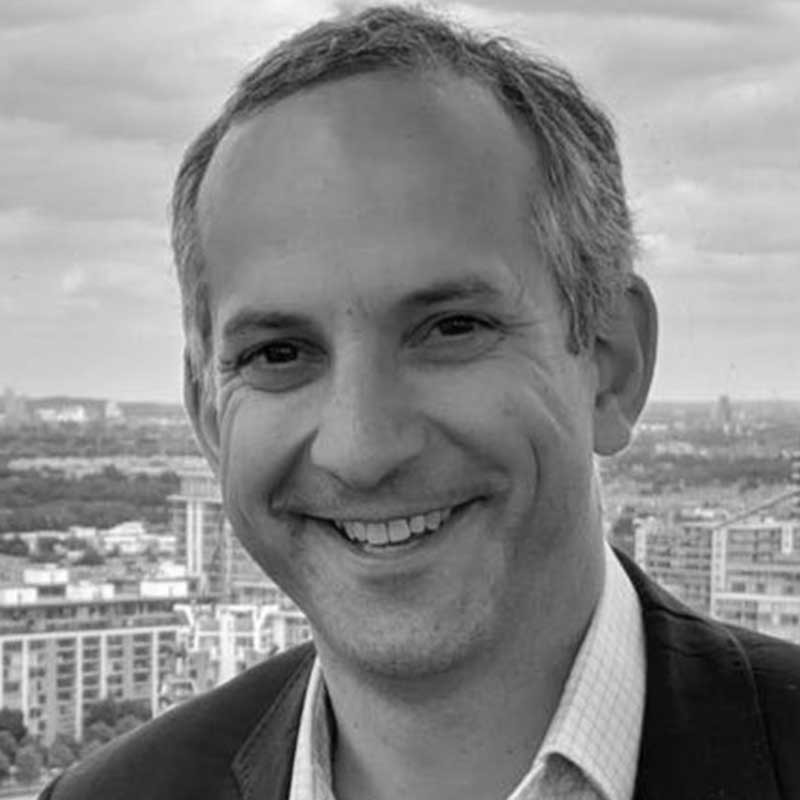
Jonathan Heawood
Executive Director, Public Interest News Foundation
Jonathan Heawood is Executive Director of the Public Interest News Foundation (PINF), the UK’s first charity to promote public interest journalism. He began his career as a journalist at the Observer and has also served as editor of the Fabian Review, director of English PEN and director of programmes at the Sigrid Rausing Trust. Following the Leveson Inquiry in 2011-12, Jonathan founded IMPRESS, the UK’s first independent press regulator, which he led as CEO until 2020, when he launched the Public Interest News Foundation. He has written for newspapers and magazines including the Telegraph, Guardian and New Statesman, and journals including Critical Quarterly, the Journal of Media Law and the British Journalism Review.
Jonathan has a PhD from the University of Cambridge and has held visiting fellowships at King’s College, London, the University of East Anglia and the University of Stirling. He is a leadership fellow at St George’s House, Windsor, chair of the Joseph Rowntree Charitable Trust and co-chair of the Stephen Spender Trust. His first book, The Press Freedom Myth, was published in 2019.
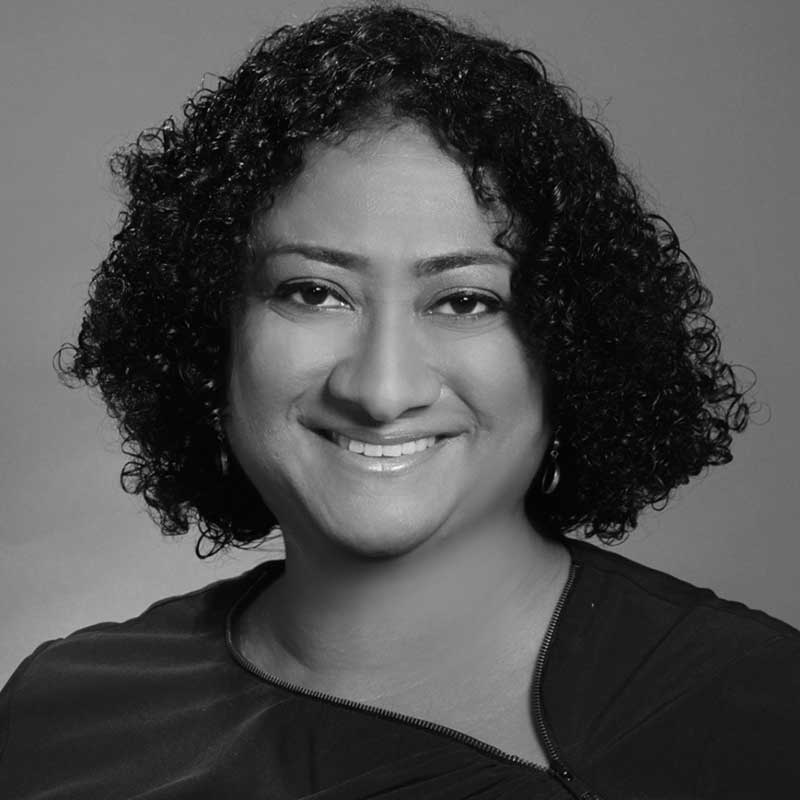
Meera Selva
Chief Executive, Internews Europe
Meera Selva is chief executive of Internews Europe a not-for-profit organisation which supports independent media in over 100 countries
Meera was previously the Deputy Director of the Reuters Institute for the Study of Journalism and is a co-founder of the Oxford Climate Journalism Network.
She is an experienced journalist who has reported from the field across Europe, Asia, and sub-Saharan Africa, including several years at the Associated Press.
She is also a senior research associate of the Reuters Institute and an associate fellow of Green Templeton College at the University of Oxford, as well as a member of the Center for Economic Policy Research. Her research focuses on issues of press freedom, diversity in newsrooms, and media sustainability.
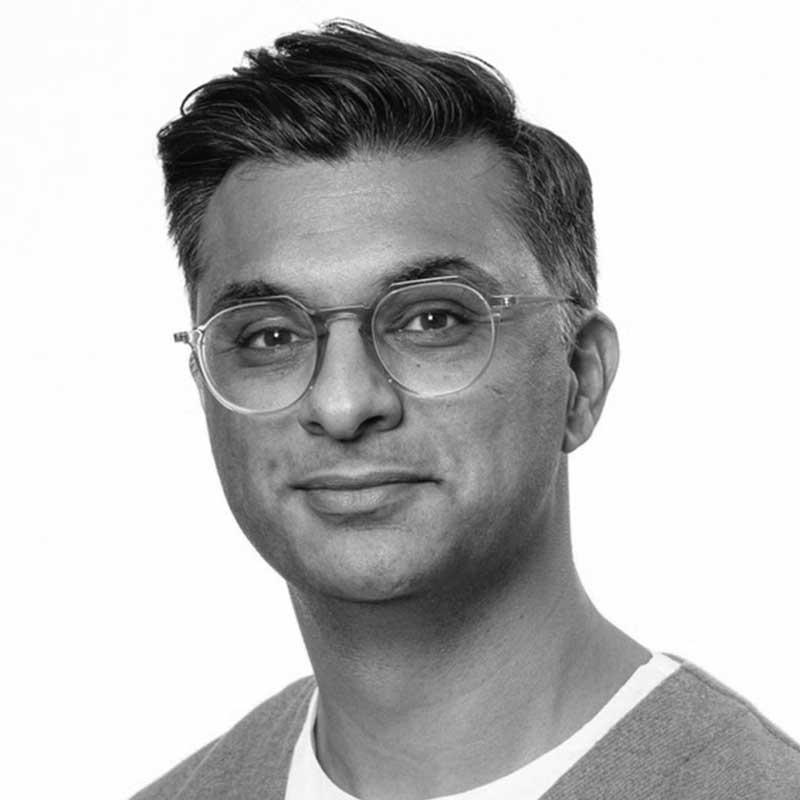
Nishant Lalwani
Chief Executive Officer, International Fund for Public Interest Media
Nishant is the Chief Executive Officer of the International Fund for Public Interest Media. He co-founded the Fund and led its launch in 2023 with a multilateral coalition of sixteen donors that include some of the world’s largest governments, corporates and philanthropies. He oversees a global team, with staff in Latin America, North America, Europe, Africa and Asia.
Nishant has twenty years of experience in international development, media development and strategy roles. Prior to joining the International Fund, he was Vice President of Global Programmes at Luminate, where he was also a long serving member of the leadership team. In 2013, Nishant helped launch the non-profit Global Innovation Fund (GIF). As COO, he led GIF’s investment process and venture support team, making investments and grants across the world.
Prior to that Nishant was on the founding team of Monitor Inclusive Markets (MIM) in India, which sought to scale up social enterprises addressing economic inequality. Early in his career he worked at the UN Development Programme in Zambia and also at Marakon Associates, a strategy consulting firm in London.
Nishant has an MBA from Harvard Business School, where he was a Fulbright Scholar. He also has a Master’s in Aeronautical Engineering and a B.A. in General Engineering from Cambridge University.
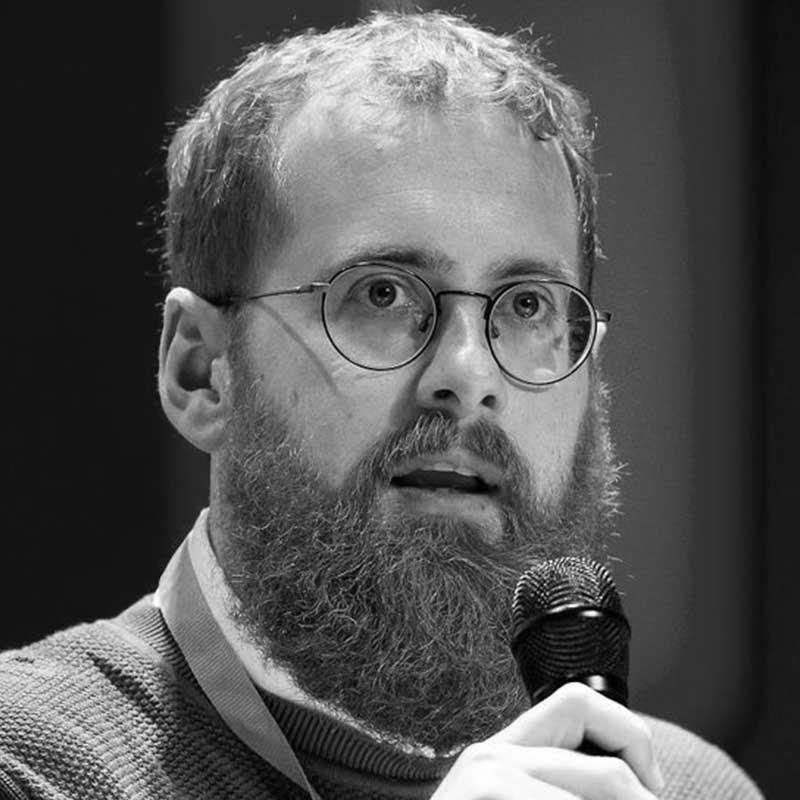
Martin Scott
Professor in Media & Development, School of Global Development, University of East Anglia
Martin Scott is a Professor of Media and Global Development, at the University of East Anglia. He studies media freedom; international journalism; media influence on aid; humanitarian news; media capture, and news audiences. His publications include Capturing News, Capturing Democracy (2024), Humanitarian Journalists (2022), Media and Development (2014) and From Entertainment to Citizenship (2014).
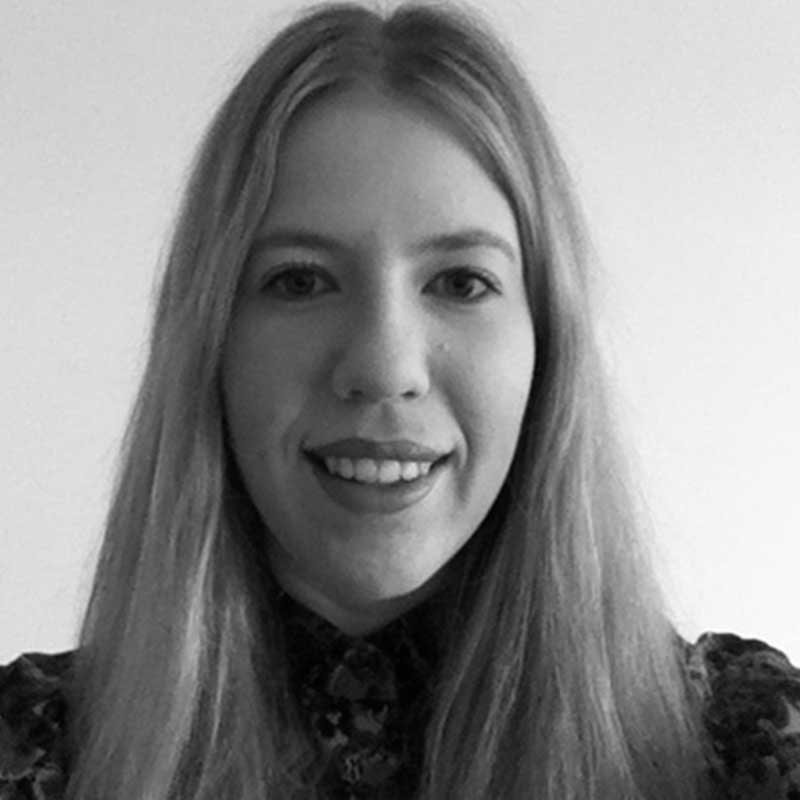
Jenna Corderoy
Investigative journalist at Democracy for Sale and visiting lecturer at City University, Democracy for Sale
Jenna Corderoy is a reporter for Democracy for Sale, a newsletter dedicated to revealing how dark money and hidden influence threaten our democracy. She specialises in obtaining documents under the Freedom of Information Act, and has brought several successful FOIA challenges at tribunal.
Her work on access to information has been widely recognised. In 2022, she won Campaign of the Year at the British Journalism Awards along with her openDemocracy colleagues for investigations on transparency in British public life. openDemocracy’s campaign was also nominated at the Press Awards that year. In 2021, she was shortlisted for Private Eye’s Paul Foot Award for an investigation into the government’s ‘Clearing House’ and the state of freedom of information. In 2019, she was longlisted for the Paul Foot Award and shortlisted for the investigations category for the British Journalism Awards.
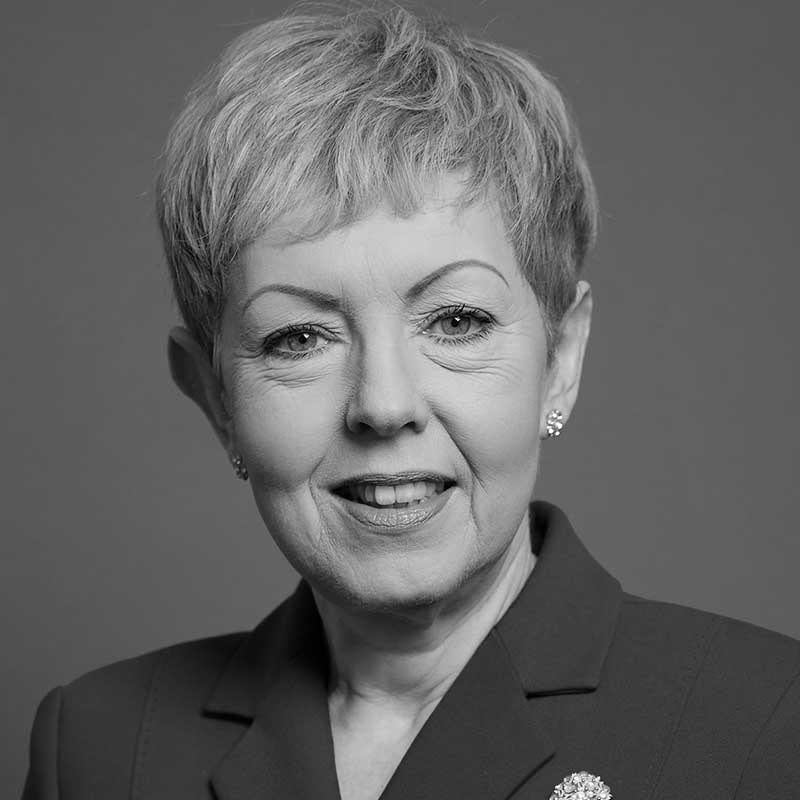
Baroness Tina Stowell
Former chair of the House of Lords Communications and Digital Committee
Tina Stowell was until recently the Chair of the House of Lords’ Communications & Digital Select Committee. She is a former Cabinet Minister, Leader of the House of Lords and Chair of the Charity Commission. Before joining the House of Lords in 2010, she spent nine years at the BBC where she was latterly Head of Corporate Affairs. Before that, she ran William Hague’s office when he was Leader of the Conservative Party, and earlier in her career (before two years in the private sector which included short stints at Paradine Productions and Granada Media) she was a civil servant for 10 years, working at the Ministry of Defence in Whitehall, the British Embassy in Washington, and the Downing Street Press Office.

Susan Coughtrie
Director, Foreign Policy Centre
Susan Coughtrie is Director at the Foreign Policy Centre. Susan joined FPC in 2020 to lead the Unsafe for Scrutiny project, which examines risks and threats to journalists investigating financial crime and corruption. The findings of this research led Susan to co-found the UK Anti-SLAPP Coalition in January 2021, which she continues to co-chair. Susan has undertaken a variety of consultancy work in the media sphere, having previously worked at the international free expression organisation ARTICLE 19 from 2012-2018, and as an advisor to the European Centre for Press and Media Freedom (ECPMF) from 2019-2022. Susan is also a Trustee for committee for the Campaign for Freedom of Information in Scotland (CFoIS).
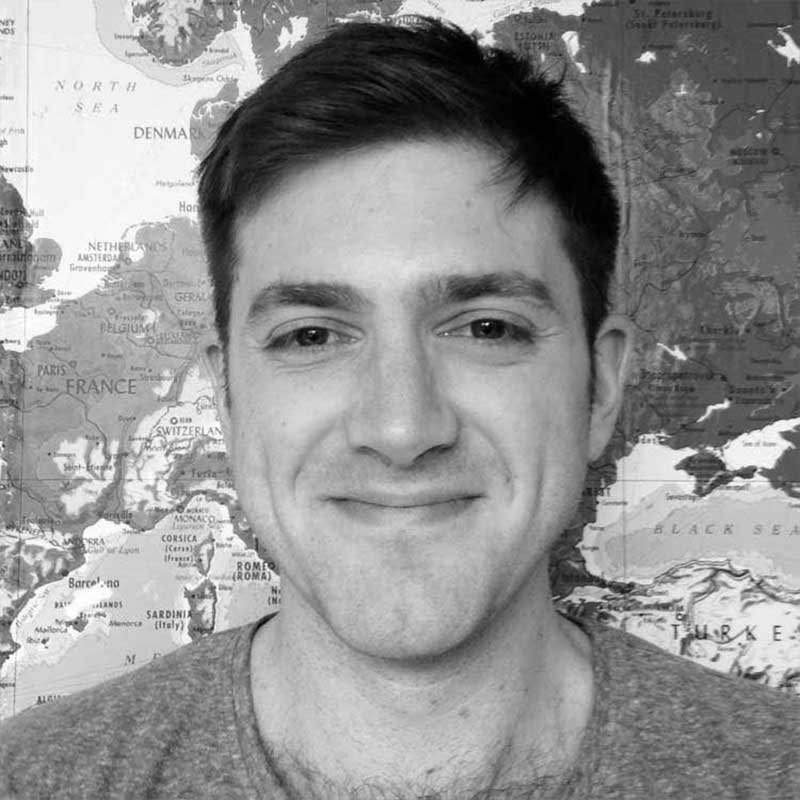
Charlie Holt
CASE Steering Group and UK Anti-SLAPP Coalition co-chair
Charlie Holt is the European Head of Global Climate Legal Defence (CliDef), an organisation set up to support climate activists facing SLAPPs and other legal threats. He also advises on legal strategy for Greenpeace International, where he leads the organisation’s SLAPP resilience strategy and sits on the European Commission’s Expert Group on SLAPPs. He sits on the Steering Committee of the Coalition Against SLAPPs in Europe (CASE) and co-chairs the UK Working Group on SLAPPs. Since 2016, Charlie has advised on the response of Greenpeace International to two aggressive large-scale SLAPPs targeting Greenpeace entities in the USA, and in 2018 helped to set up the US anti-SLAPP coalition Protect the Protest.
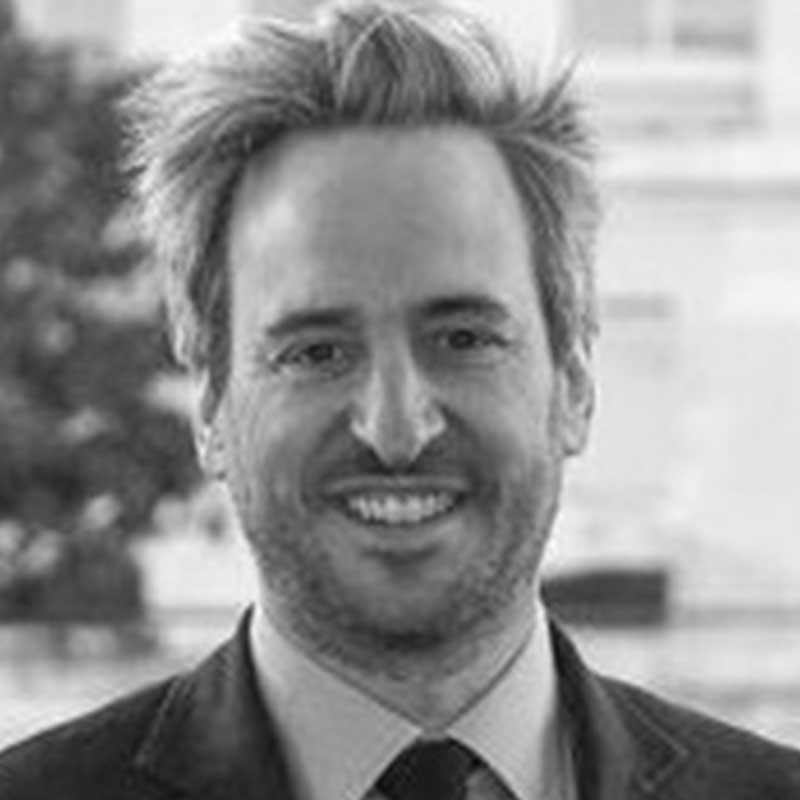
Renaud Gaudin De Villaine
UN Office of the Commissioner for Human Rights
Renaud has been working for more than ten years with OHCHR where he held various positions, including desk officer on African countries, field coordinator in the Democratic Republic of Congo, and legal advisor to the commissions of inquiry on Eritrea and Burundi. He is currently serving as advisor on media freedom and the safety of journalists. Before joining OHCHR, Renaud worked for non-governmental organizations both in European Union liaison offices in Brussels and in Liberia. He holds a master’s degree on human rights and humanitarian law at the University Paris II Panthéon-Assas.

Samantha Thompson
Senior Associate, RPC
Samantha is a senior associate in RPC’s market-leading media defence team. She specialises in protecting freedom of speech, whether that’s enabling journalists to scrutinise the powerful, defending content litigation, or holding governments to account over Article 10 ECHR violations. She represents media organisations, freelance journalists, whistleblowers, victims of sexual assault and NGOs.
Samantha co-leads RPC’s Anti-SLAPP team which assists victims of SLAPPs and other abusive claims. She is frequently quoted in the press on SLAPPs and has provided evidence on the issue to the Ministry of Justice.
She has acted on some of the most high-profile libel and privacy actions in recent years including ZXC v Bloomberg, and was previously seconded to Channel 4, where she advised the broadcaster on its undercover investigations, award-winning documentaries and other programming.
Samantha has been recognised as a Key Lawyer by Legal 500 since 2021.
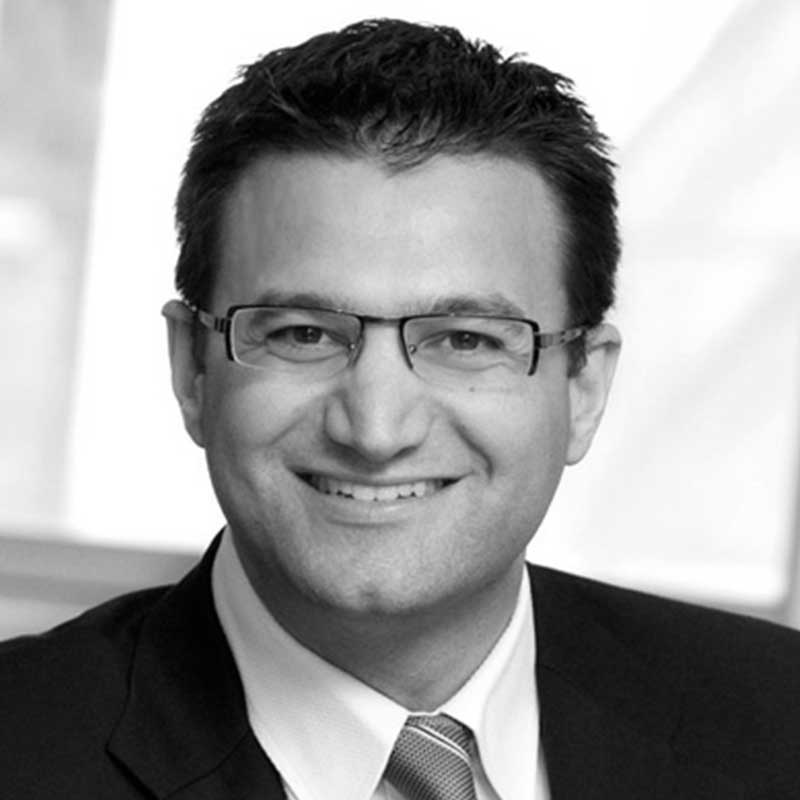
Dario Milo
Partner at Webber Wentzel and Member of The High Level Panel of Legal Experts on Media Freedom
Professor Milo is a partner at Webber Wentzel attorneys in Johannesburg, South Africa. Since 2019, he has been a member of the High Level Panel of Legal Experts on Media Freedom, an independent body that was convened in July 2019 at the request of the UK and Canada to provide advice and recommendations to governments to prevent and reverse abuses of media freedom. He has acted as lead attorney in a number of free speech and media freedom cases in courts and tribunals in South Africa, including on issues such as civil and criminal defamation, open justice, access to information, prior restraints, disinformation, hate speech, surveillance, intimidation of journalists, national security and privacy. He acted for the world-famous cartoonist Zapiro in the defamation claim brought by former president Jacob Zuma. Professor Milo is Adjunct Professor at the University of the Witwatersrand in Johannesburg and the author of Defamation and Freedom of Speech published by Oxford University Press. He is an expert at Columbia University’s Global Freedom of Expression initiative and is on the editorial board of the Journal of Media Law.

Clothilde Redfern
Executive Director, Reporters Shield
Clothilde Redfern is the Executive Director of Reporters Shield, a membership organisations that delivers legal protection for investigative reporting. Clothilde is responsible for overall strategic direction and management, maintaining relationships with key stakeholders, and ensuring that Reporters Shield achieves its goals and objectives. Prior to joining Reporters Shield she was the Director of the Rory Peck Trust, an organisation dedicated to the support, safety and welfare of freelance journalists. She started her career at the International Herald Tribune in Paris then worked in broadcasting in London for Channel 4’s Documentaries department, before taking leadership roles in non-profit organisations supporting journalists and filmmakers. She is passionate about the role of journalism in holding power to account.
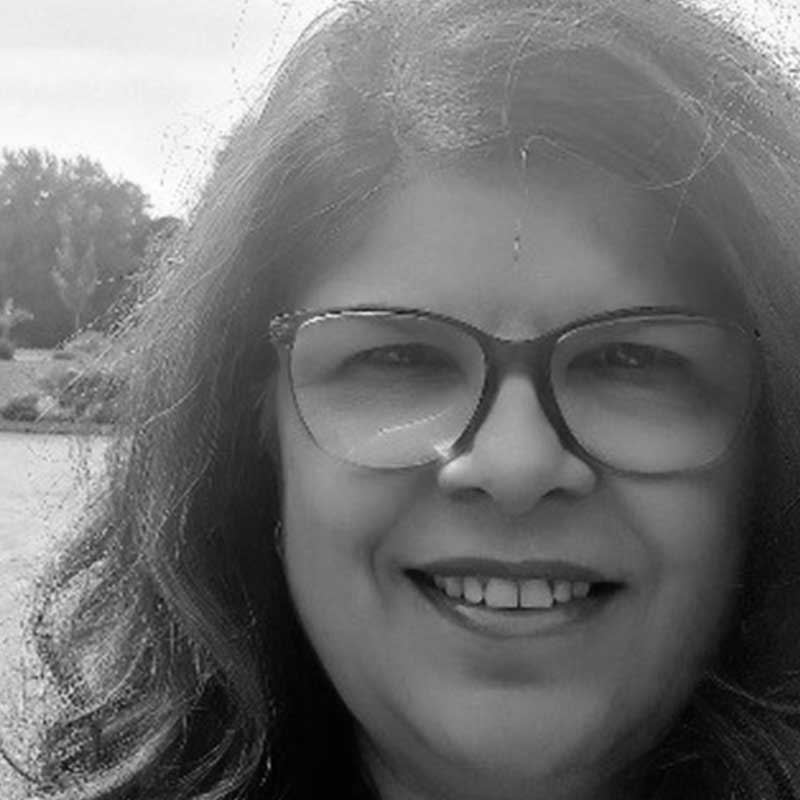
Artemiza-Tatiana Chisca
Head of the Freedom of Expression and CDMSI Division, Council of Europe
During her career of more than 25 years at the Council of Europe, Ms Chisca has worked in the framework of conventional and non-conventional monitoring mechanisms, notably on issues of local democracy and the protection of national minorities and also, for eight years, for the Council of Europe’s European Commission for Democracy through Law (Venice Commission), on the promotion of democracy and fundamental freedoms.
Ms. Chisca is a graduate in law as well as in French language and literature and studied, among other places, at the Institute of Political Studies in Strasbourg and at the College of Europe in Bruges (master’s degree in Community law). Before joining the Council of Europe, she worked at the Constitutional Court of Romania and at the University of Bucharest, Romania.

Peter ter Velde
Project Manager, Persveilig
As a televison reporter Peter ter Velde reported from many war zones and crisis areas such as Iraq, Israel, Palestine, Lebanon, Egypt, Haiti and Indonesia.
From 1996 to 2001, Peter was an Israel based correspondent for the Dutch national broadcaster NOS.
From 2006 to 2010 he was a special reporter on Afghanistan where he stayed for 4 to 5 months a year.
Back in the Netherlands Peter developed the training ‘Reporting in Conflict Zones’ that is given a couple of times a year by the academy of the Journalists Union. He is also instructor of the Hostile Environment Safety Training of the European Broadcasting Union.
In 2015 Peter became Security Coordinator for NOS News. He is member of the Crisis Management Team of the NOS.
In 2019 he also became project manager of PersVeilig, an initiative by national police, the prosecutor’s office and the media industry to make work for journalists in the Netherlands safer.
Peter is owner of the company PTV-Training

Janis Makarewich-Hall
Deputy Director at Department for Digital, Culture, Media and Sport
Janis is the Deputy Director of Radio, Advertising, and Press at the Department for Culture, Media and Sport (DCMS), a position she has held since 2020. Janis was instrumental in the 2020 launch of the National Committee for the Safety of Journalists, which is currently jointly chaired by the DCMS Minister for Sport, Media, Civil Society and Youth Stephanie Peacock, and the Minister for Safeguarding and Violence against Women and Girls, Jess Phillips, in the Home Office. The National Committee brings together representatives from policing and prosecution services, journalism organisations, and non governmental organisations.
The National Committee’s key output to date has been the National Action Plan which sets out how UK journalists will be protected from threats of violence or intimidation. The original plan was published in 2021, and a refreshed plan was published in October 2023, following delivery of many of its original commitments.
Janis chaired the SLAPPs Taskforce which was launched under the umbrella of the National Committee in October 2023 to develop a non-legislative response to SLAPPs. Janis is also the UK’s National Focal Point for the Council of Europe’s ‘Journalists Matter’ Campaign, a 5-year project aimed at promoting press freedom.
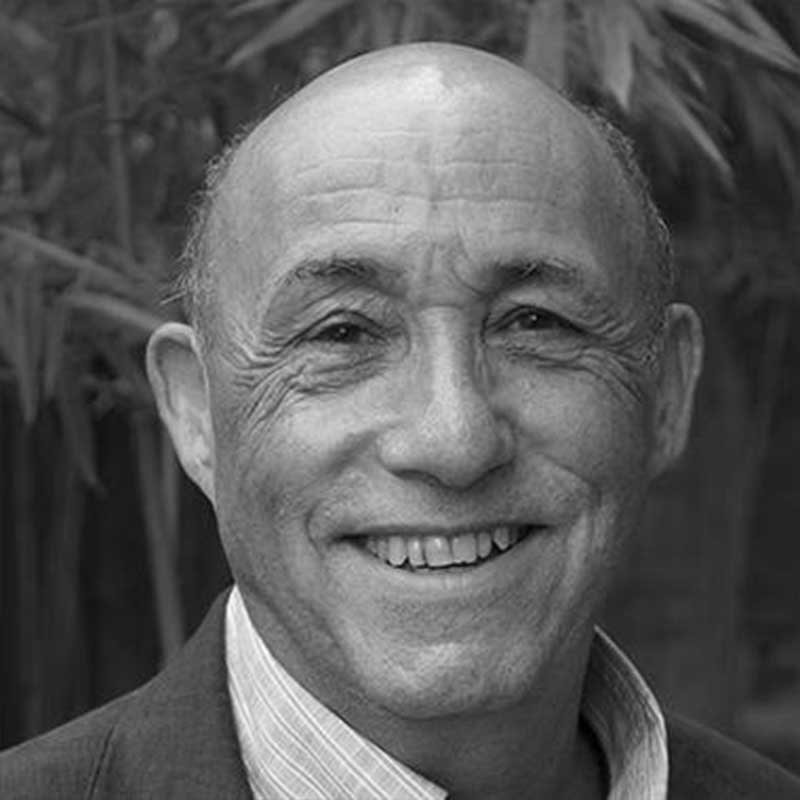
Ivor Gaber
The UK representative for UNESCO’s International Programme for the Development of Communication
An independent media consultant and the first Professor of Political Journalism at the University of Sussex, Ivor Gaber is an elected member of UNESCO’s inter-governmental Council of the International Programme for the Development of Communication (IPDC).
An expert practitioner, teacher and researcher in political journalism, Professor Gaber has been widely published, is a frequent keynote speaker at conferences worldwide, and has devised and run training courses and media projects for journalists in new and post-conflict democracies in Africa, Asia and Europe.
In addition to former academic roles at Goldsmith’s London and the University of Bedfordshire, Ivor’s previous experience as a reporter, producer and programme editor spans the major news channels including BBC TV and Radio, ITN, Channel Four and Sky News and national newspapers. He is currently an election consultant for ITV News and has advised UK Government departments, the European Union and the Council of Europe.
Described by Guy Berger (UNESCO’s Director for Freedom of Expression and Media Development) as ‘the father of the United Nations Plan to protect journalists’, Pofessor Gaber has made a major contribution to the work of the UN and is a passionate advocate of freedom of expression.
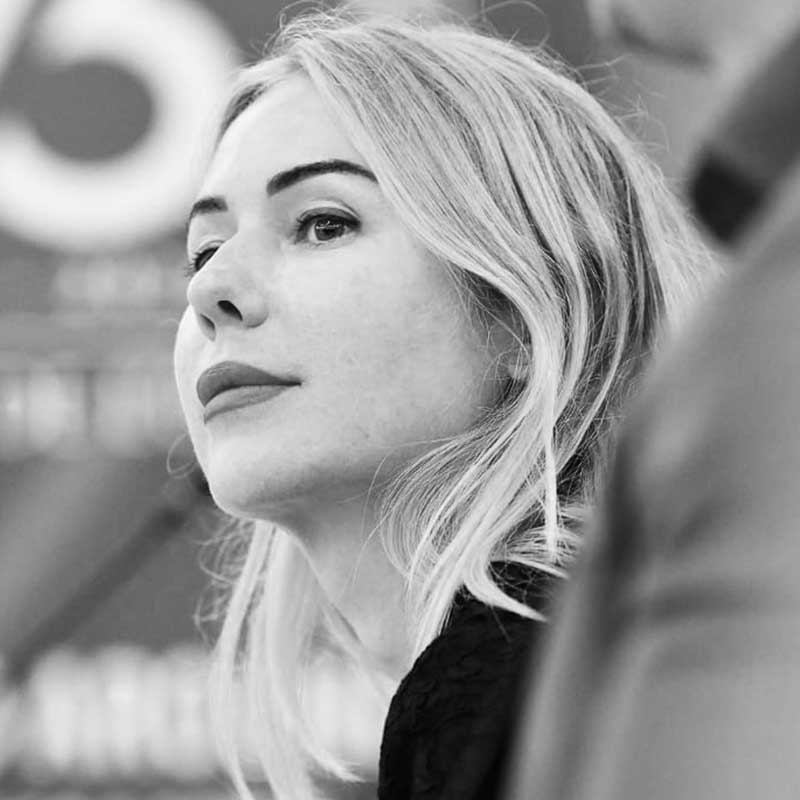
Alina Tatarenko
Head of Division for Cooperation on Freedom of Expression, Council of Europe
The Division for Cooperation on Freedom of Expression helps the Council of Europe member States and beyond improve their policies, legislation, environment and capacities in the area of freedom of expression, media, and access to information, in line with the European standards. It works with ministries, parliaments, audio-visual regulators, law enforcement, journalists, public broadcasters, self-regulatory bodies, civil society and media watchdogs. It provides legal and policy advice, capacity building, training and awareness-raising through cooperation projects in 20 countries. Areas of intervention include safety of journalists; countering SLAPPs; ensuring transparency of media ownership; countering disinformation; promoting media literacy; strengthening governance of public service media; aligning the national legal framework and practice with the standards of the Council of Europe and the case-law of the ECtHR related to freedom of expression (Article 10 of the ECHR); improving quality of journalism; ensuring access to information.

Julie Posetti
Global Director of Research at the International Center for Journalists and Professor of Journalism at City St George's, University of London
Julie Posetti is the Global Director of Research at the International Center for Journalists. She previously was a Senior Research Fellow at the RISJ and led the Journalism Innovation Project at the Reuters Institute for the Study of Journalism. She researches at the intersection of journalism, digital media, and freedom of expression. Posetti is the author of Protecting Journalism Sources in the Digital Age (UNESCO 2017) and the co-editor of Journalism, ‘Fake News’ and Disinformation (UNESCO 2018). She was awarded her PhD in December 2018, and her academic research has been published internationally in peer reviewed journals and scholarly books.
Known for her early research and reporting about the transformative impacts of social media practice on journalism (from the clash of private and public spheres, to new patterns of audience engagement, and challenges to traditional modes of verification), Posetti has also been at the forefront of understanding and documenting converging Digital Age threats to investigative journalism, in particular journalistic source confidentiality.

Mark Stephens CBE
Partner at Howard Kennedy, Co-Chair of the International Bar Association's Human Rights Institute
Specialising in International, Appellate and Complex litigation, Constitutional, Human Rights, IP, Media & Regulatory work, defamation, privacy, media, art and cultural property, data protection and freedom of information, and international arbitration, Mark Stephens has undertaken some of the highest profile cases in the country and abroad. In 2011 Her Majesty the Queen appointed Stephens Commander of the Order of the British Empire (CBE) for his services to law and the arts. Mark is also extremely active in many other areas having been appointed by the Foreign Secretary to the FCO Free Expression advisory board and the Lord Chancellor to be a Champion for the Community Legal Service. In December 2009, Mark first appeared in “Who’s Who” where he is described as “lawyer, broadcaster; writer; lecturer”. He has written and contributed to five books. Mark has been described by the ‘Law Society Gazette’ as, ‘the patron solicitor of previously lost causes’. It is this reputation for creativity with law that leads clients to his door.
Mark has created a niche in international comparative media law and regulation. His expertise also covers specialisms in Creative Arts & Cultural Industries, Human Rights, Judicial Review, Complex Commercial Litigation, Intellectual Property law, Privy Council cases – Ultimate Appeal Court for parts of the Commonwealth, as well as, Regulatory Cases & Inquiries.
Mark has practiced before every level of Court in England and Wales and has also practiced abroad and before international tribunals and courts. He is also a Privy Council agent regularly working with a range of overseas lawyers. He was also President of the Commonwealth Lawyers Association. Mark is also a qualified mediator. He has been retained by a number of Governments to advise and to represent their interests including, Republic of Cyprus, Republic of Greece, Jamaica, Libya, Mauritius, Romania and the Russian Republic. Additionally, Mark has litigated in countries as diverse as Anguilla, Antigua, Australia, Cyprus, France, India, Iraq, Iran, Italy, Jamaica, Malaysia, Netherlands, Pitcairn Islands, New Zealand, Russia, Rwanda, Samoa, Singapore and the USA. Mark chairs a number of bodies including the Design Artists Copyright Society, Global Network Initiative, the Management Committee of the Programme in Comparative Media Law and Policy Wolfson College, Oxford Centre for Socio Legal Studies, the Bianca Jagger Human Rights Foundation and sits on the boards of Censorship Commonwealth Lawyers Association, Co-Chair of the International Bar Association’s Human Rights Institute and Internews Media Law Defence Initiative, Independent Schools Inspectorate and is Hon Solicitor to Index of Censorship.
Mark regularly appears in print and on radio and television and enjoys debating.